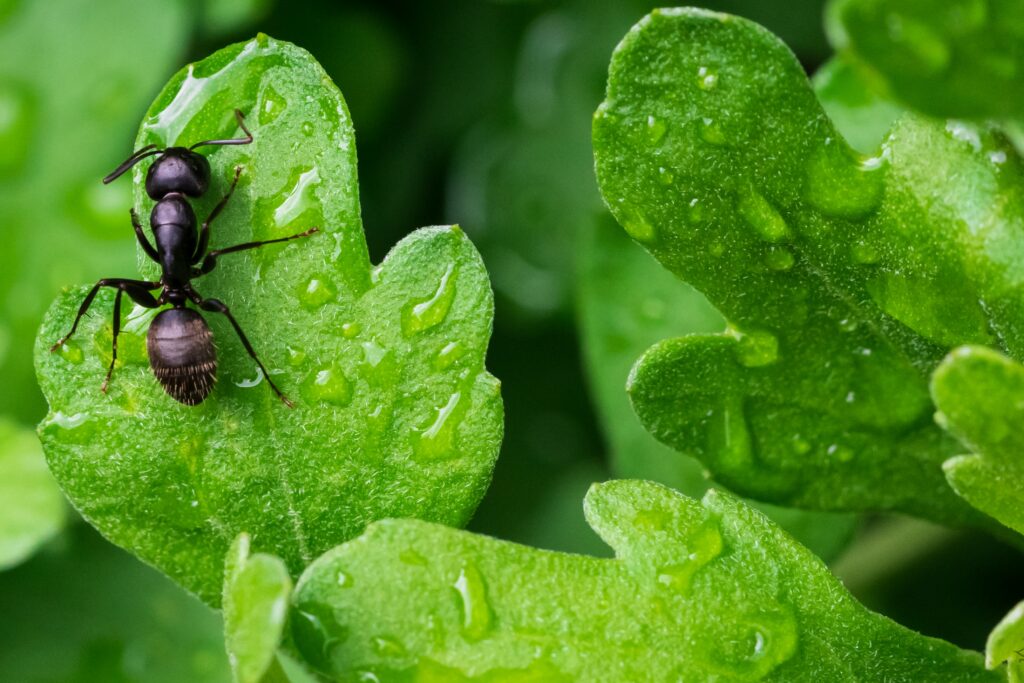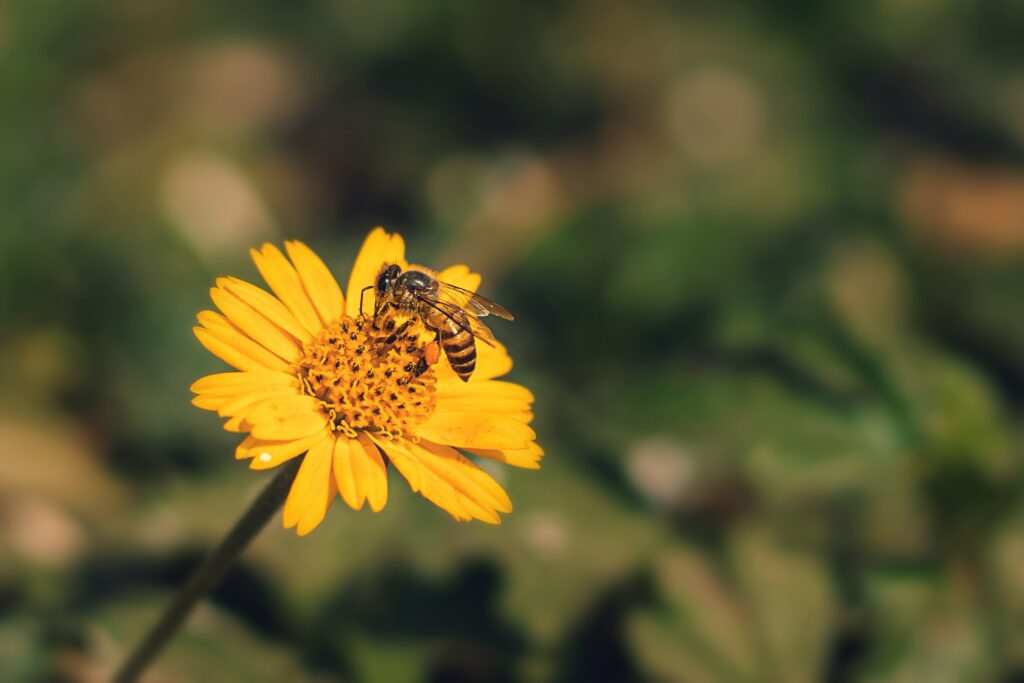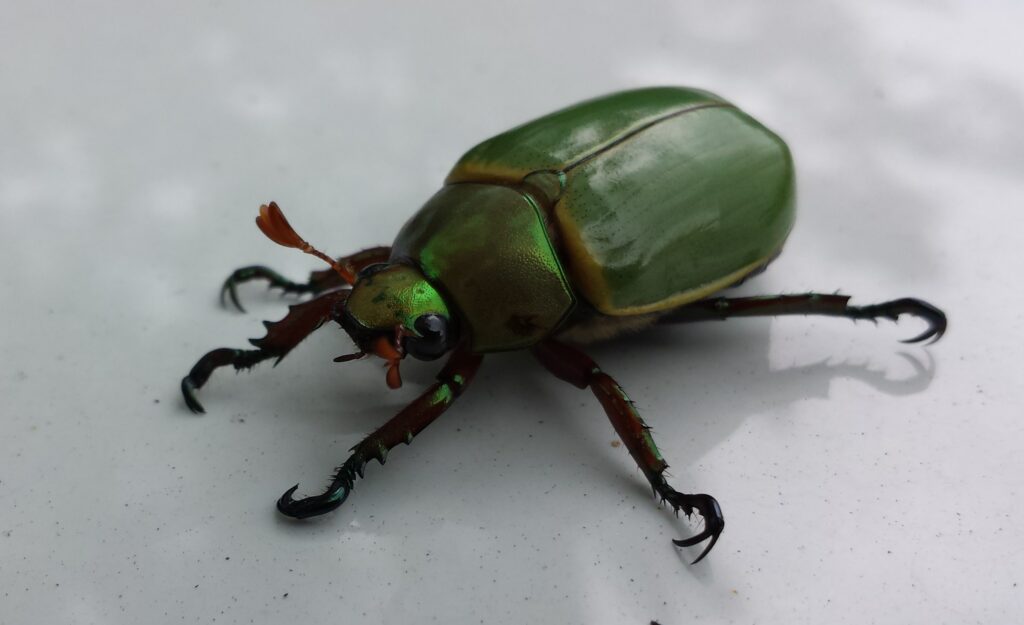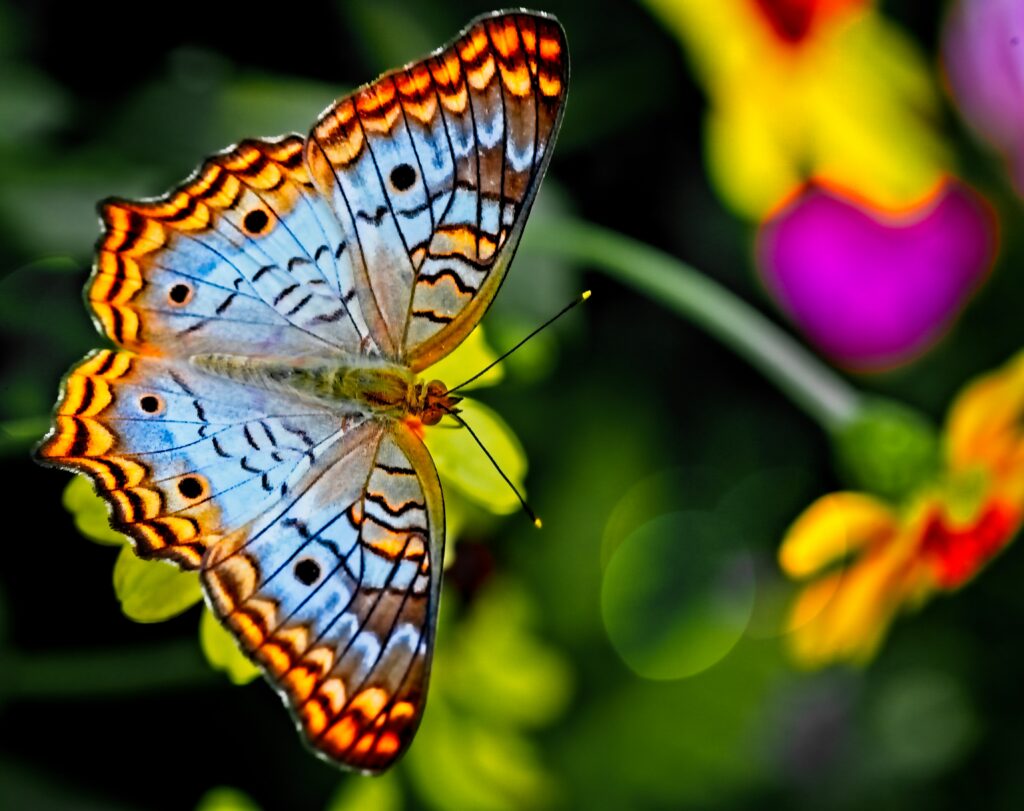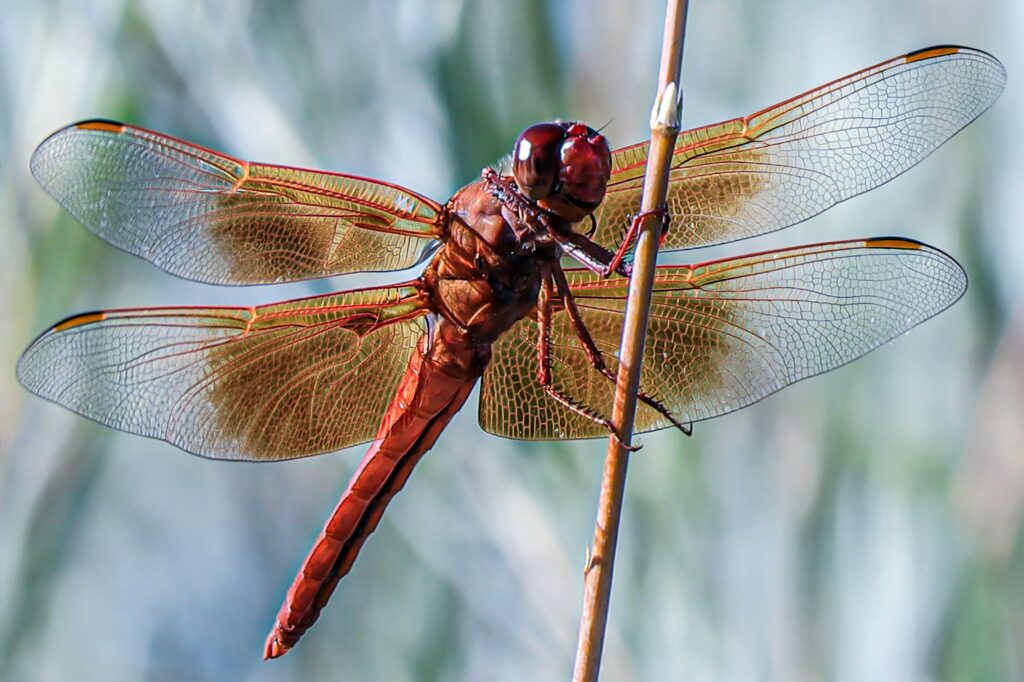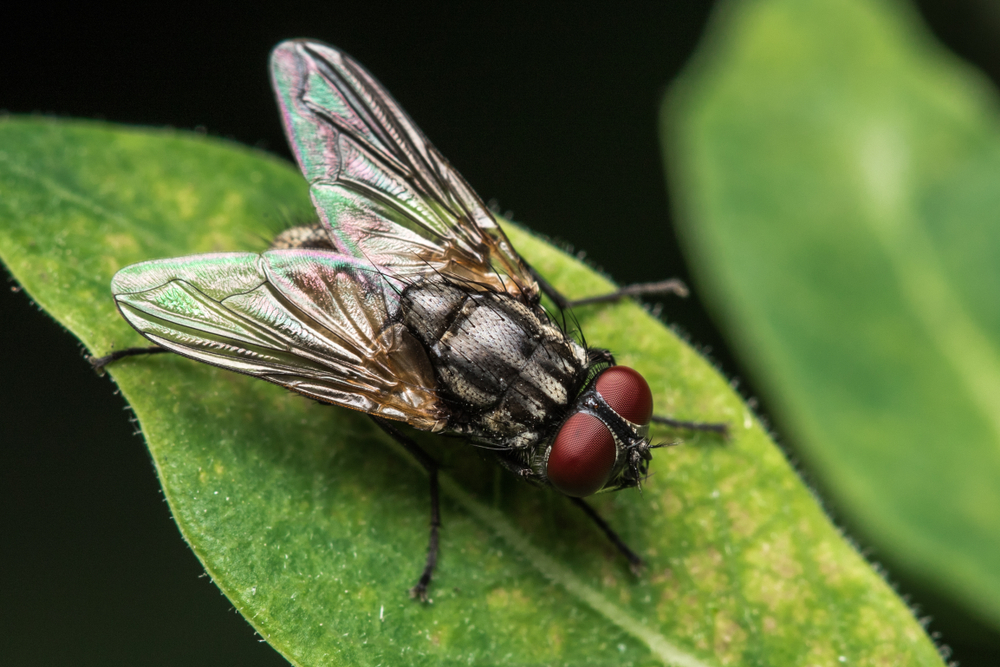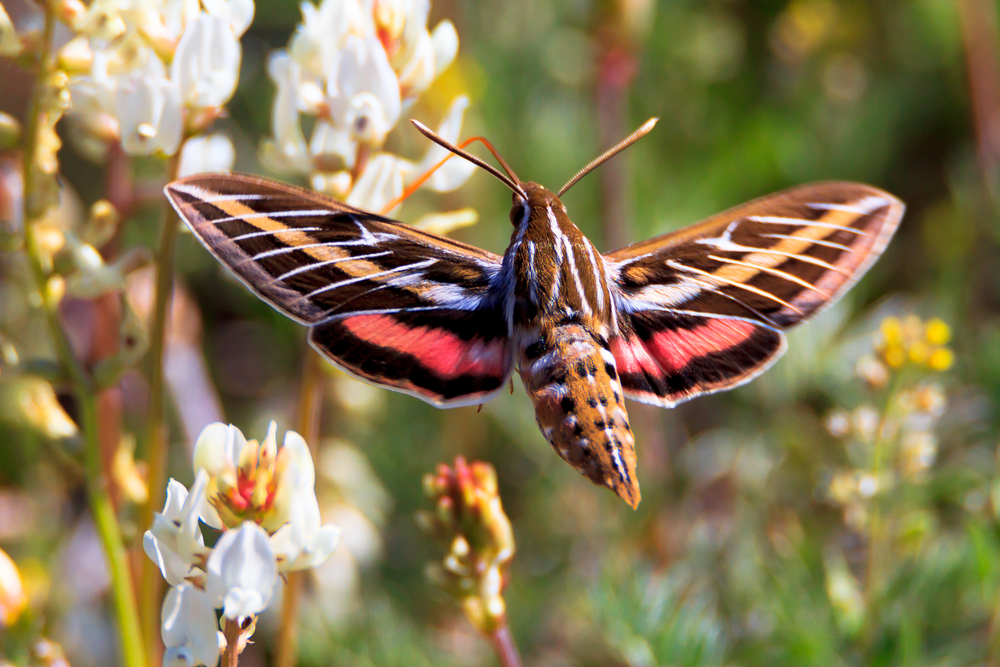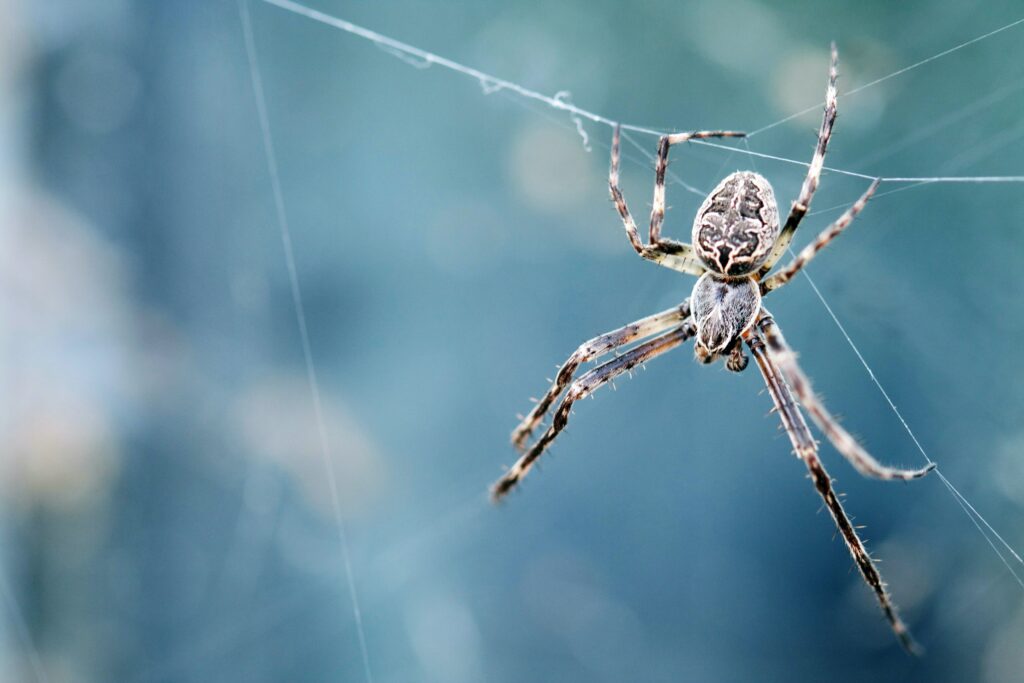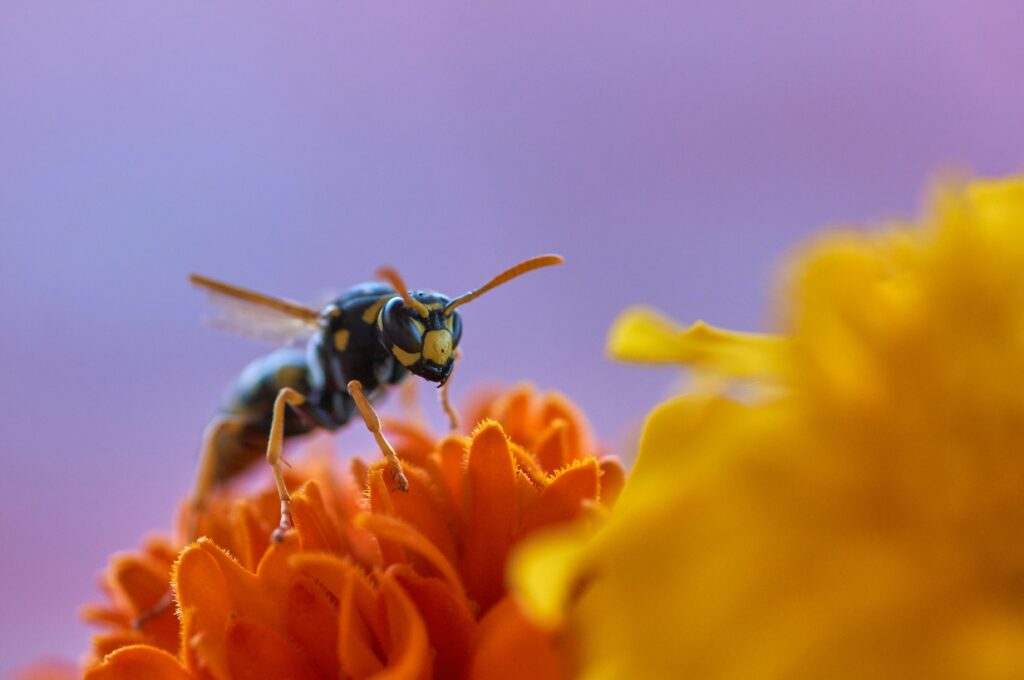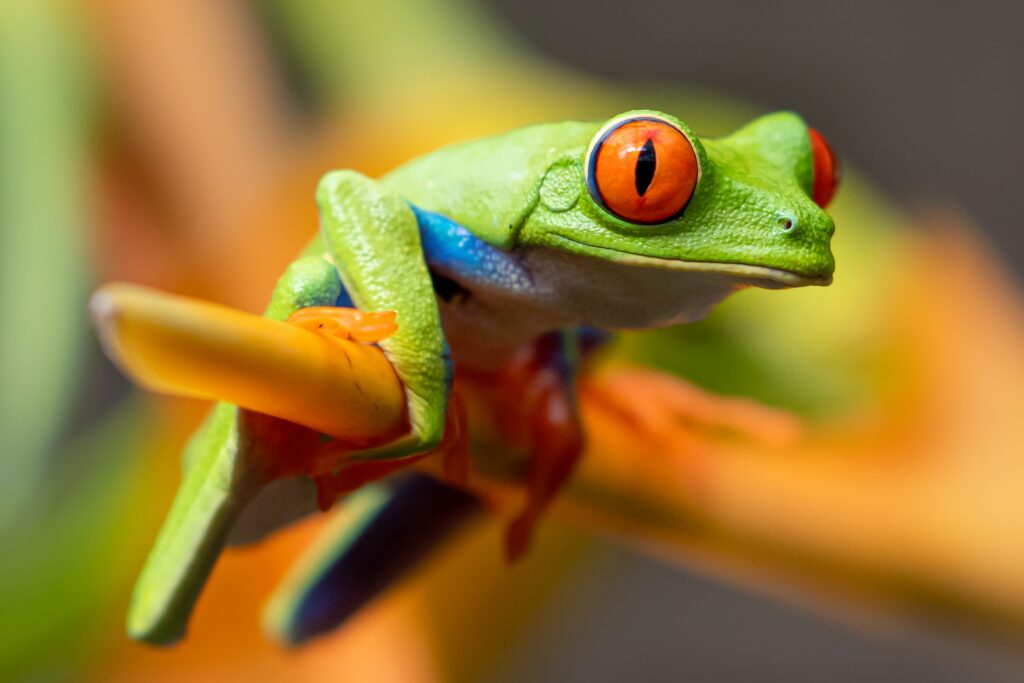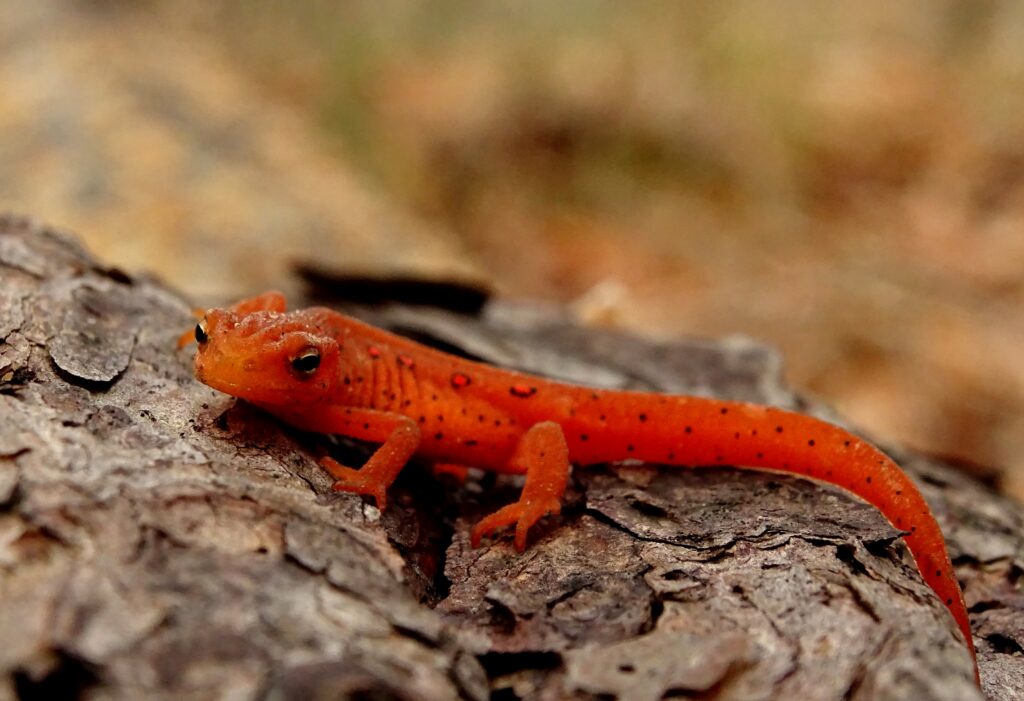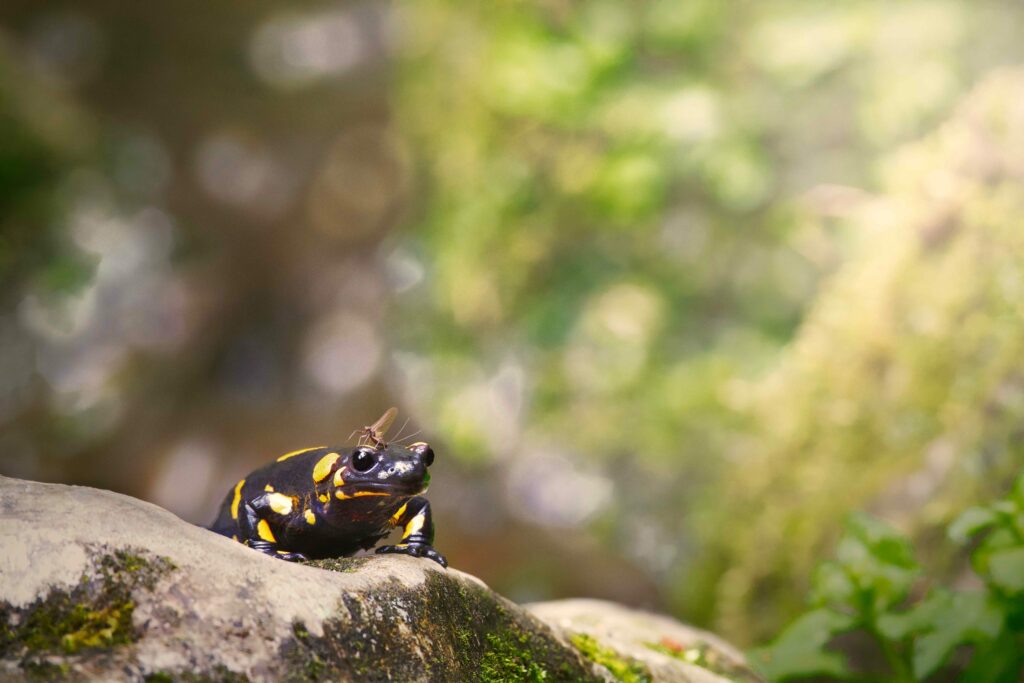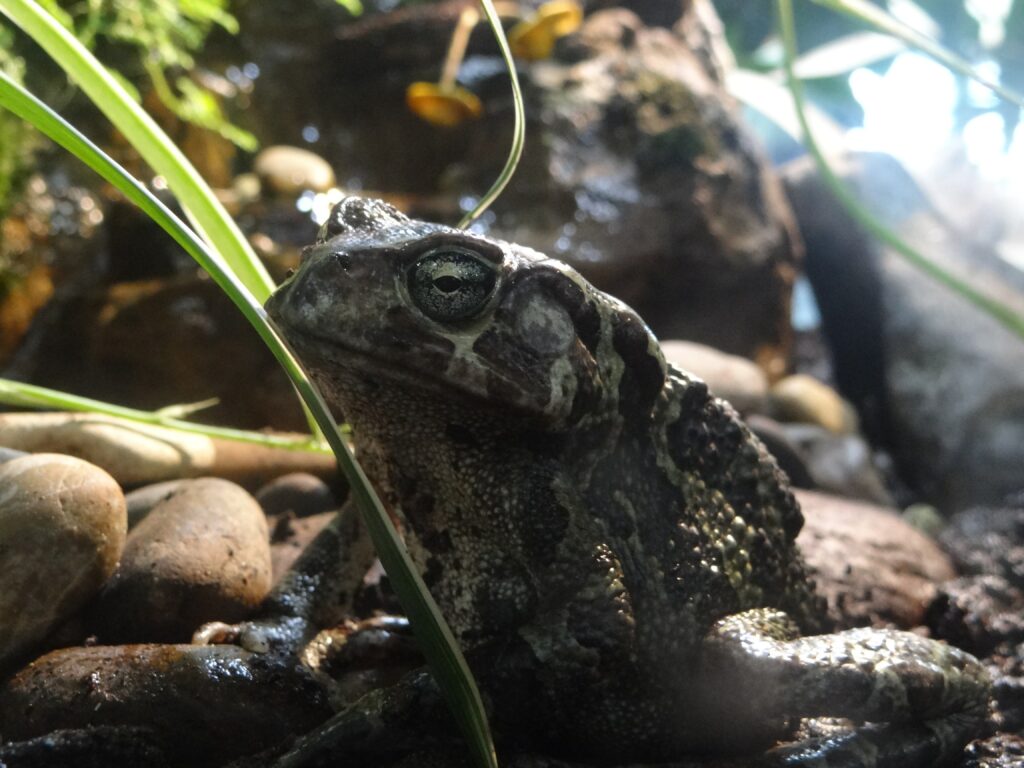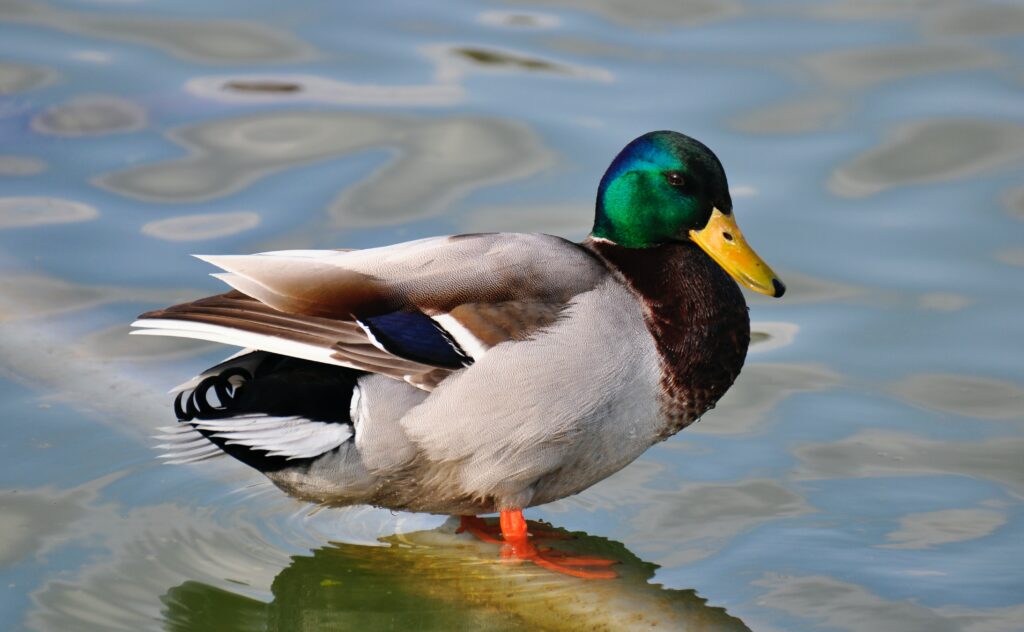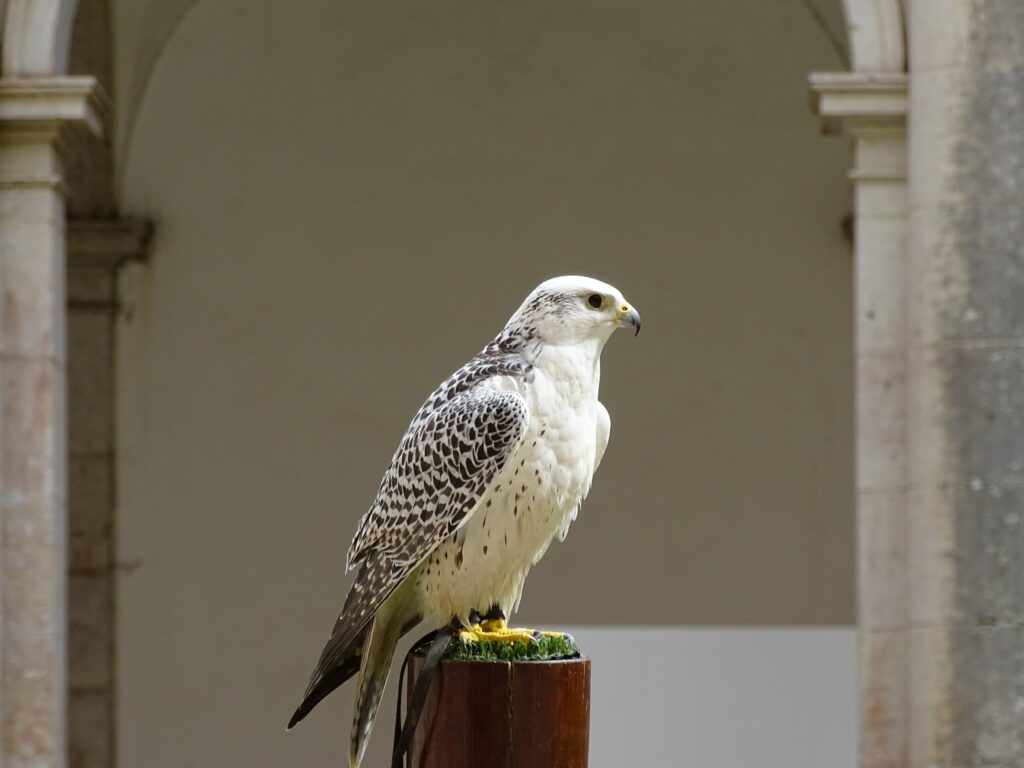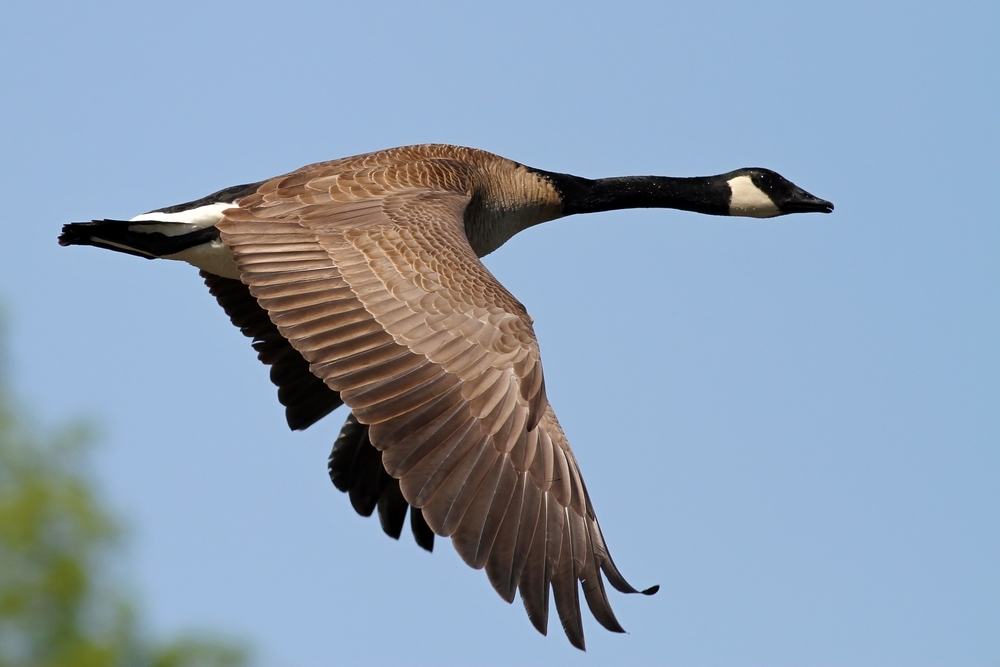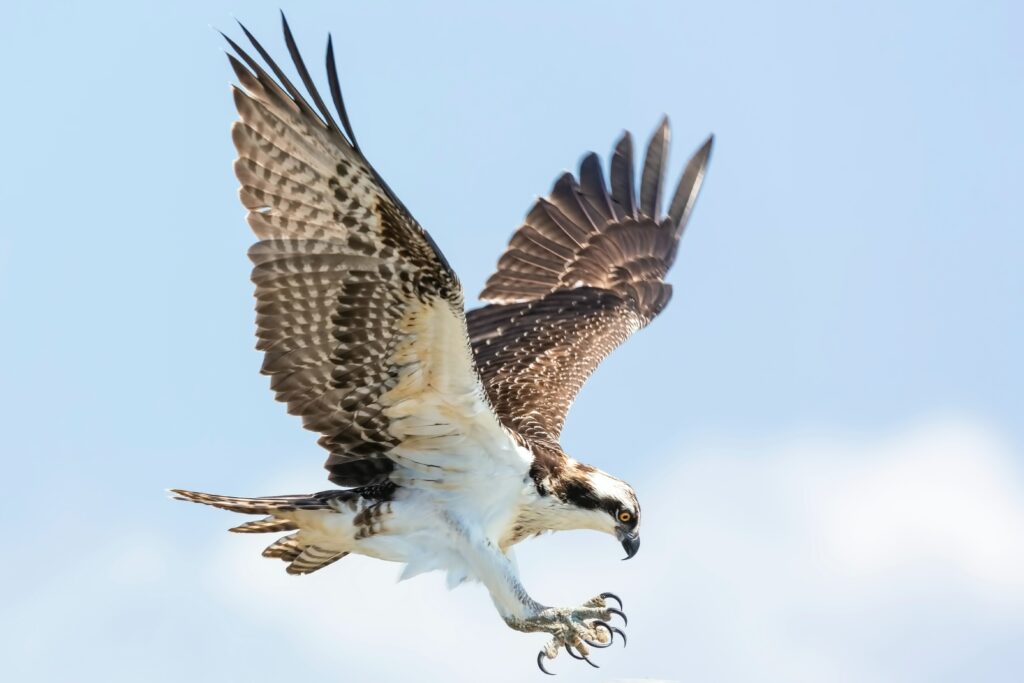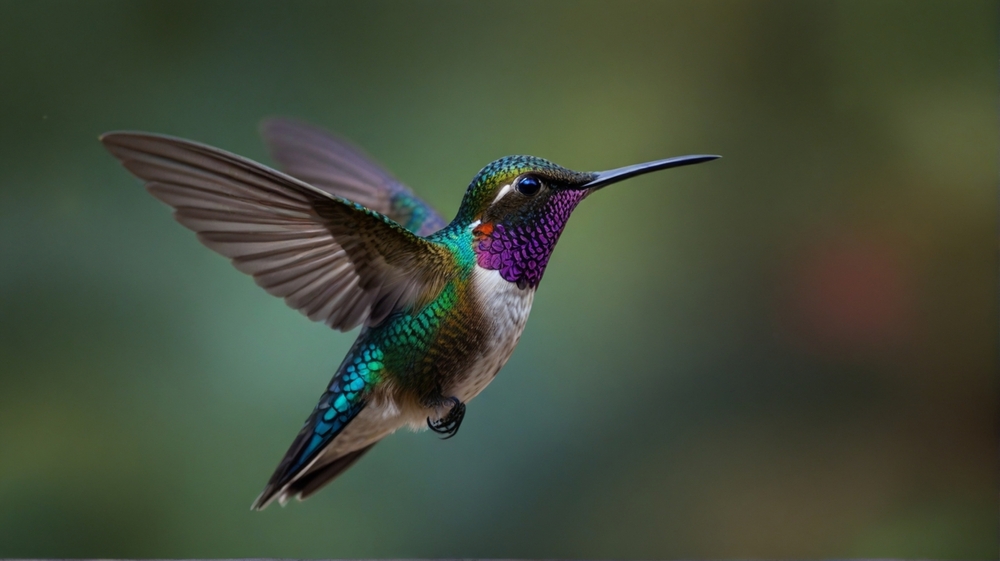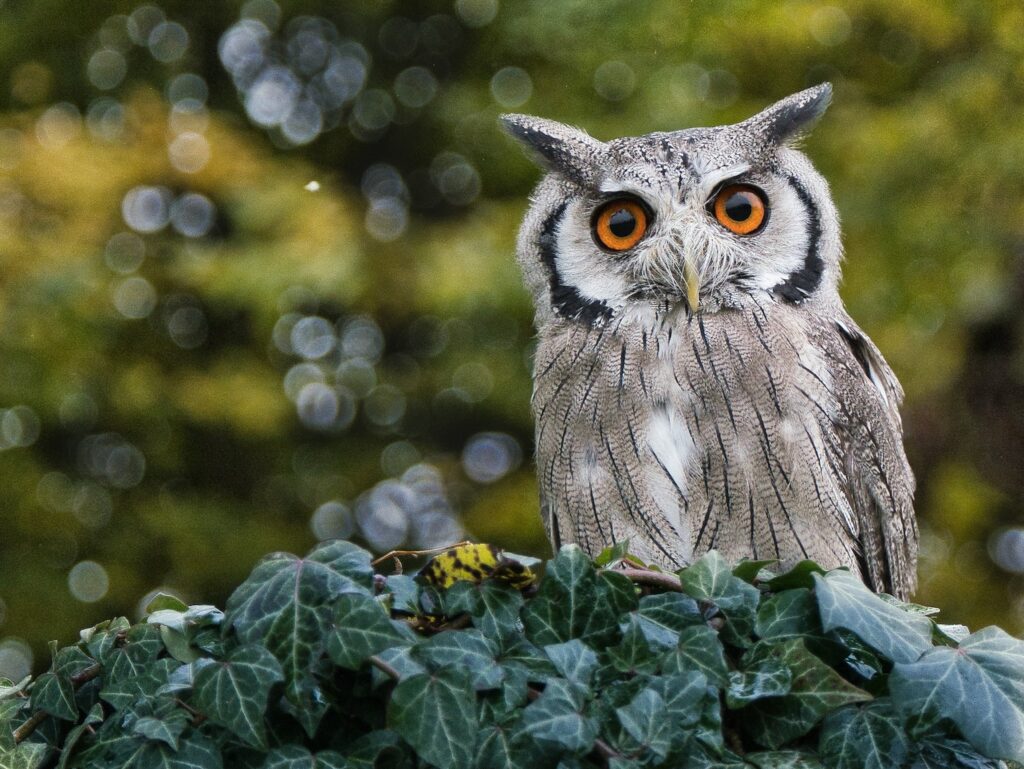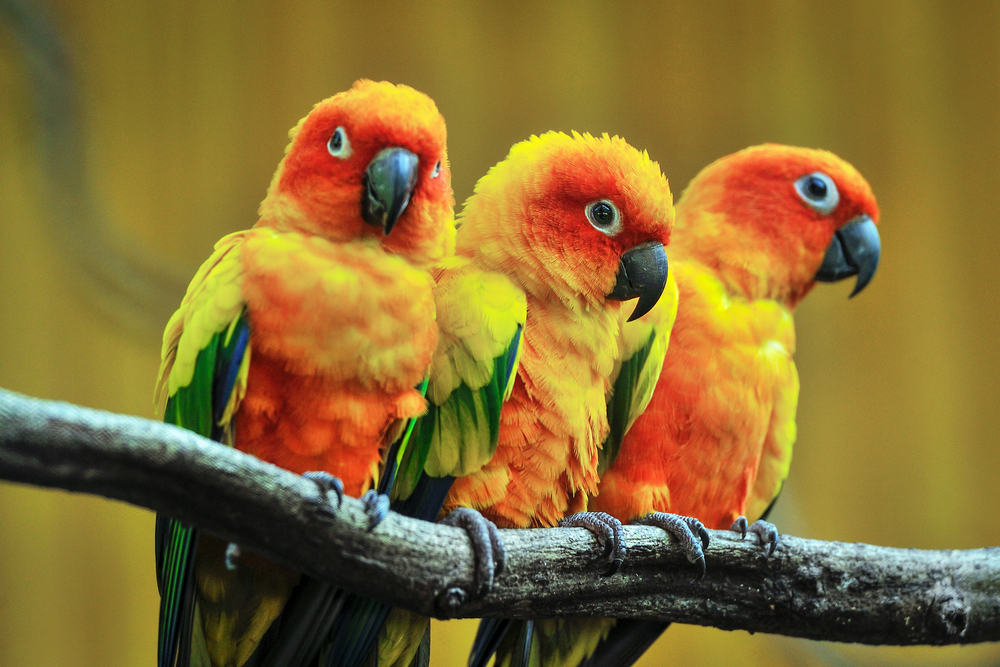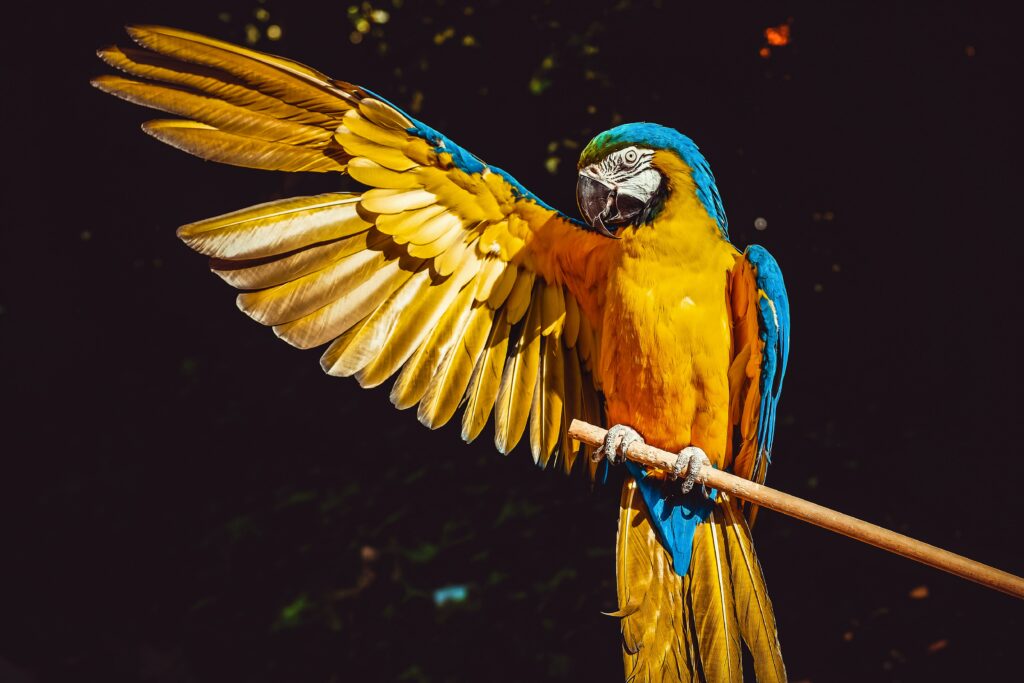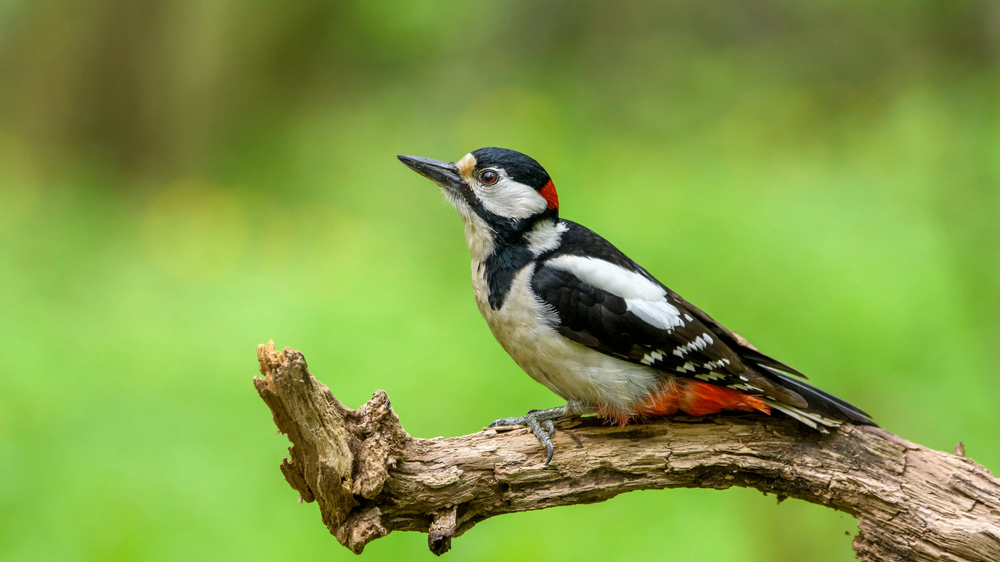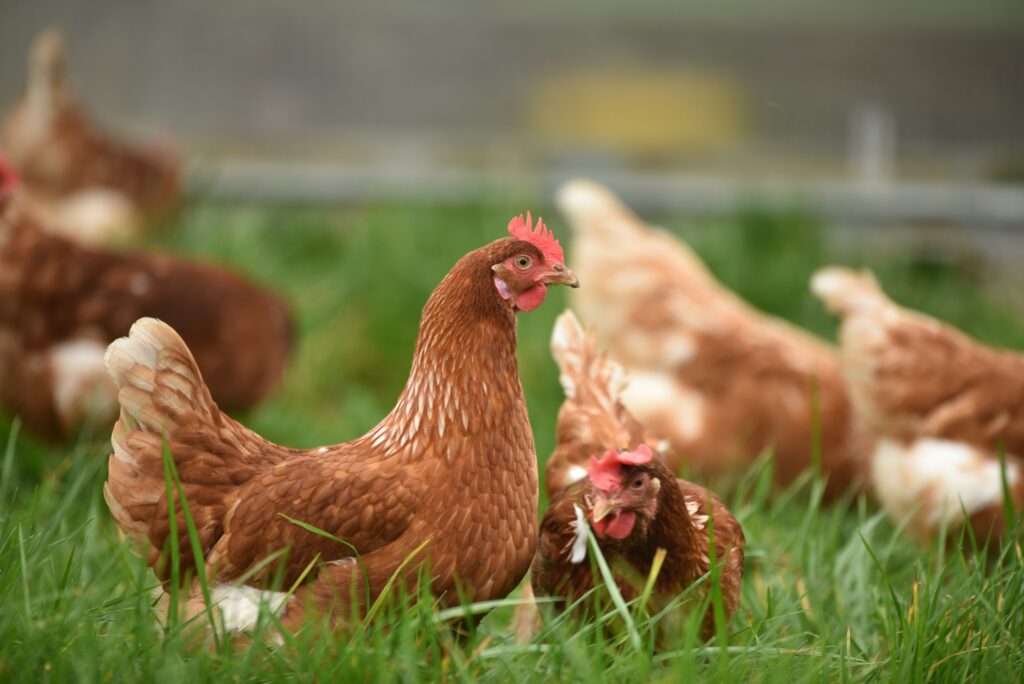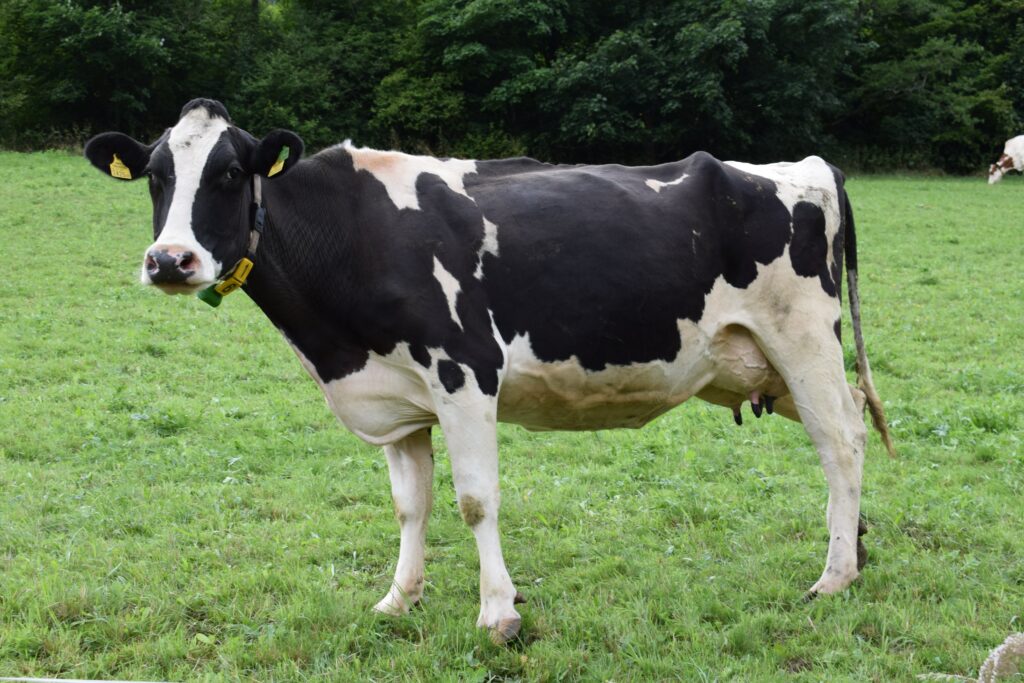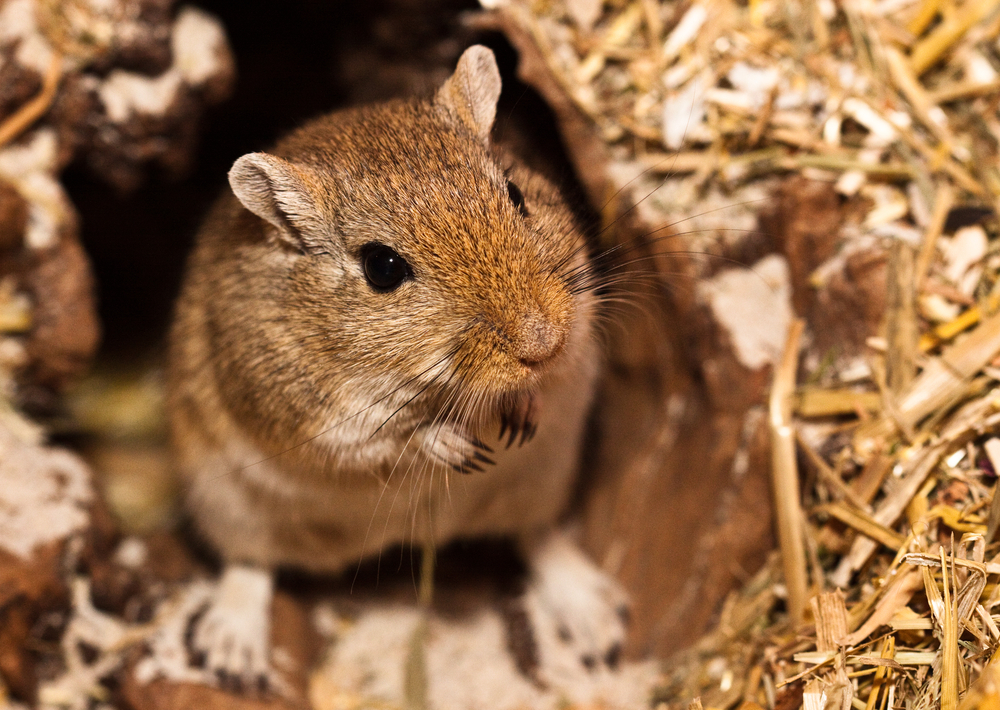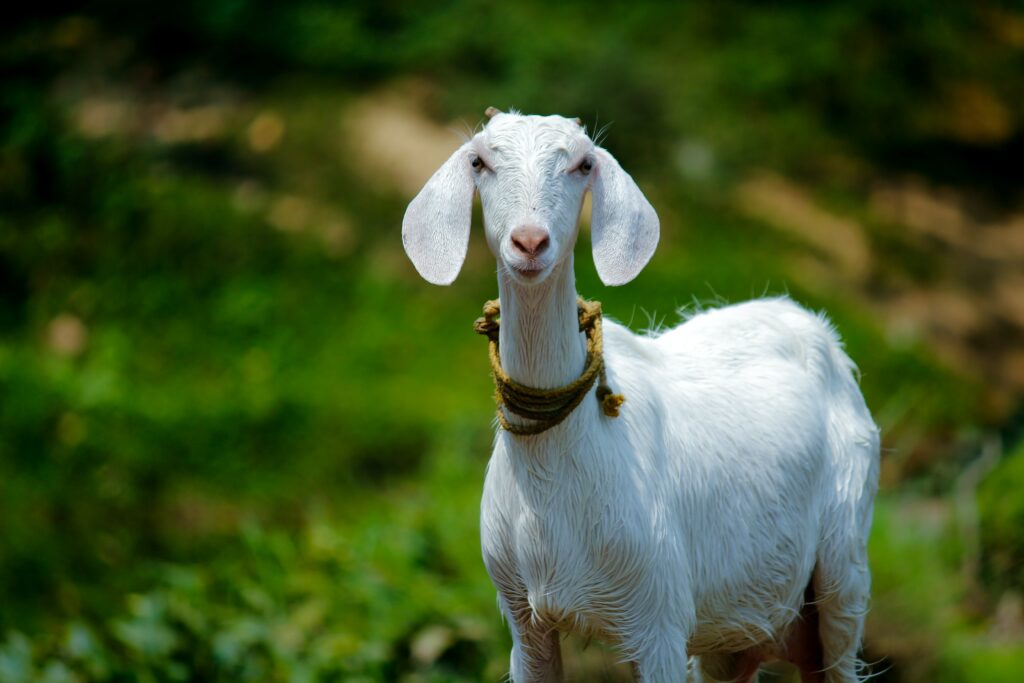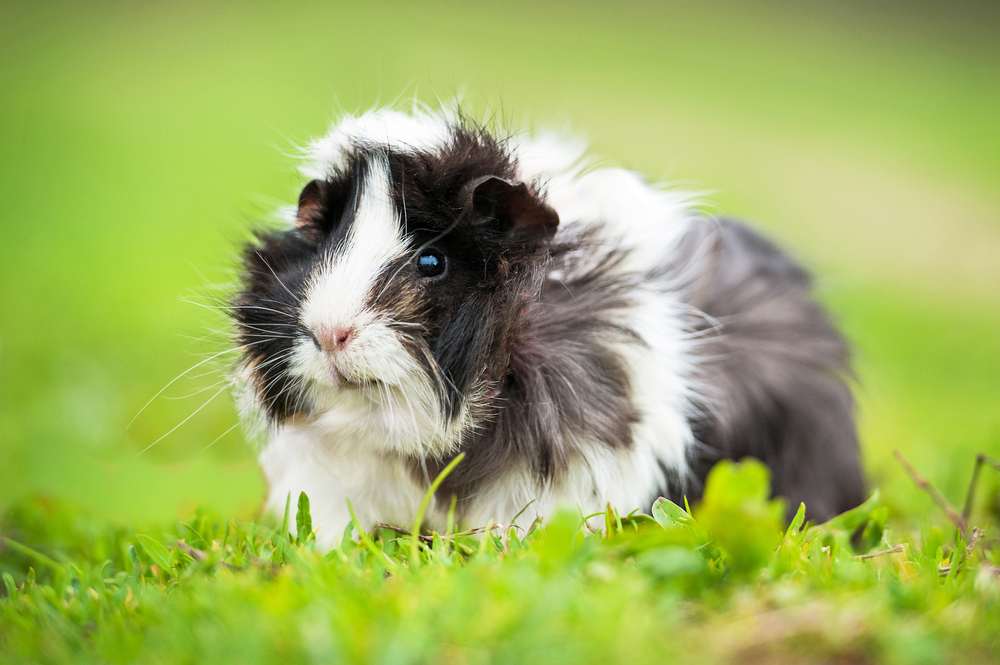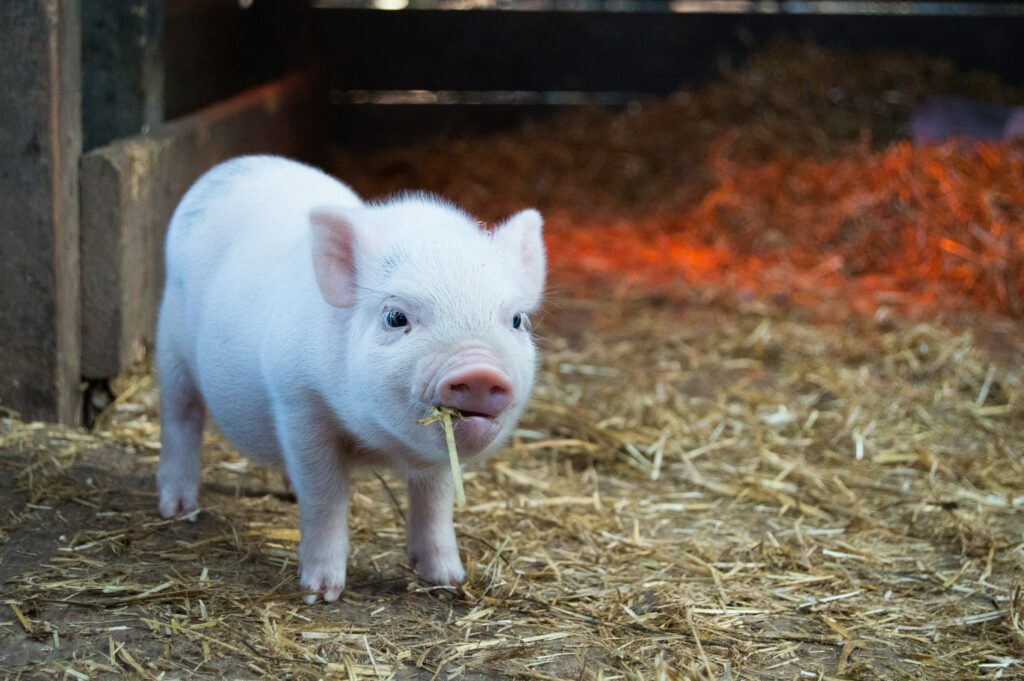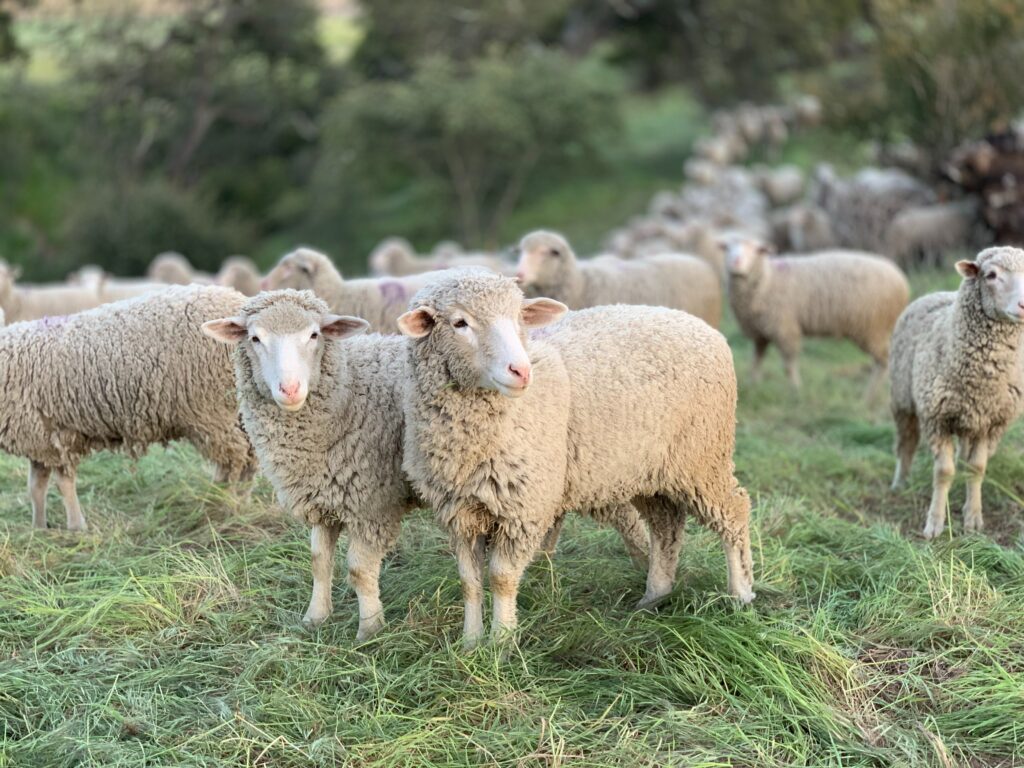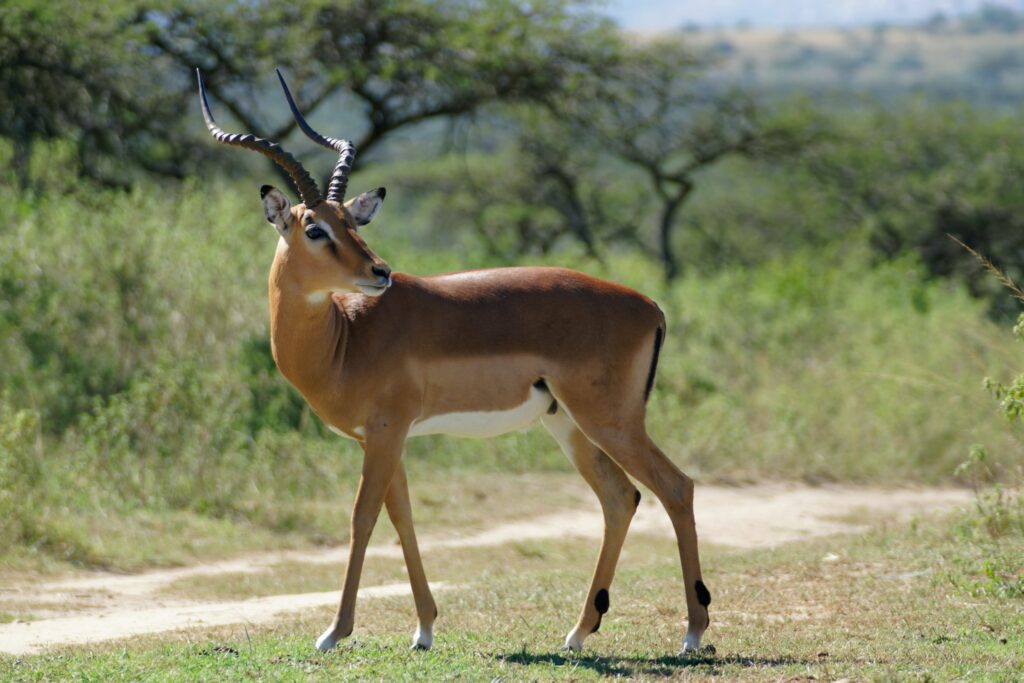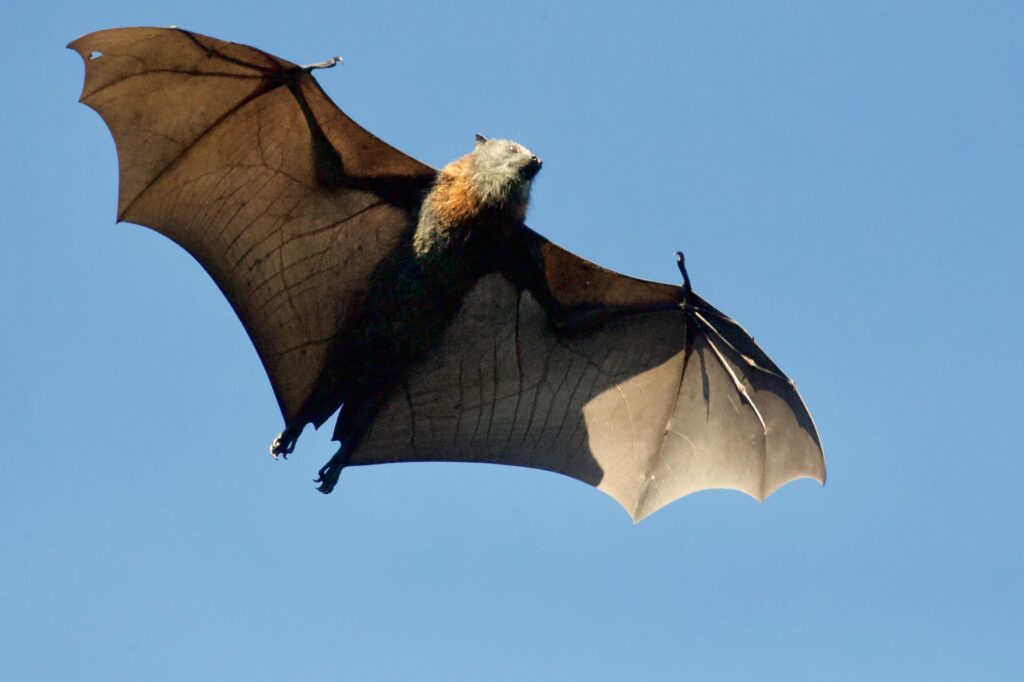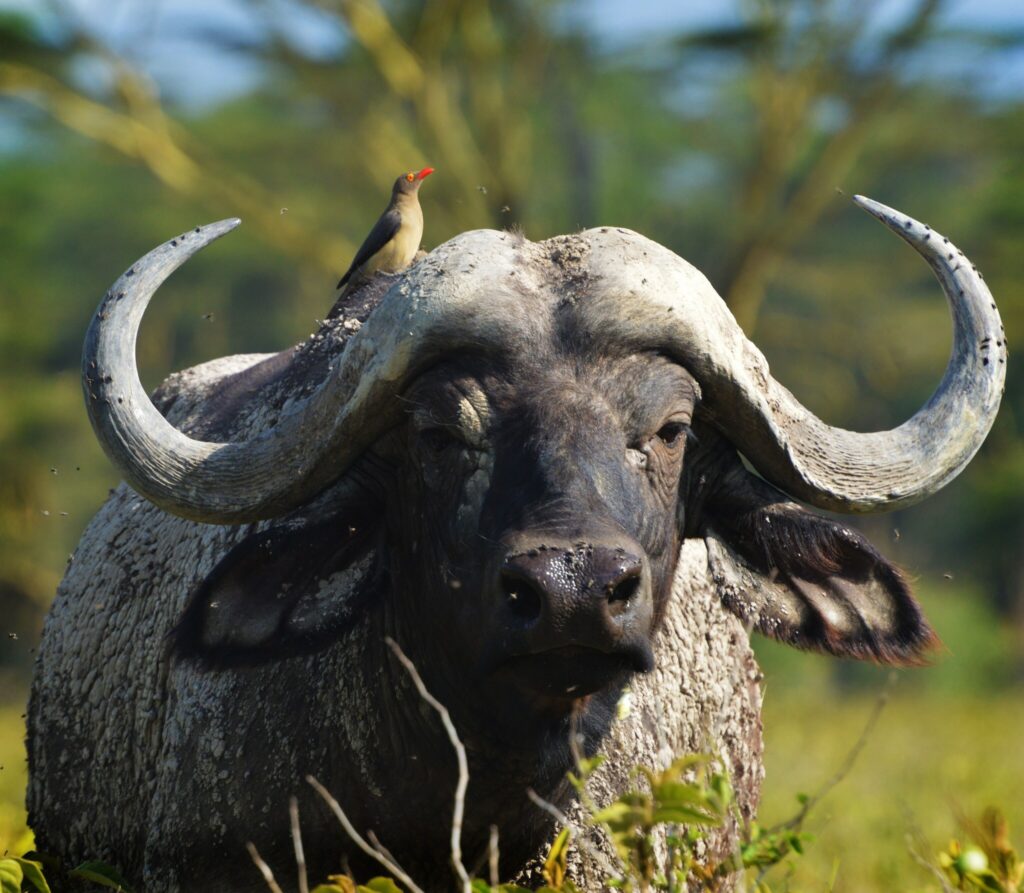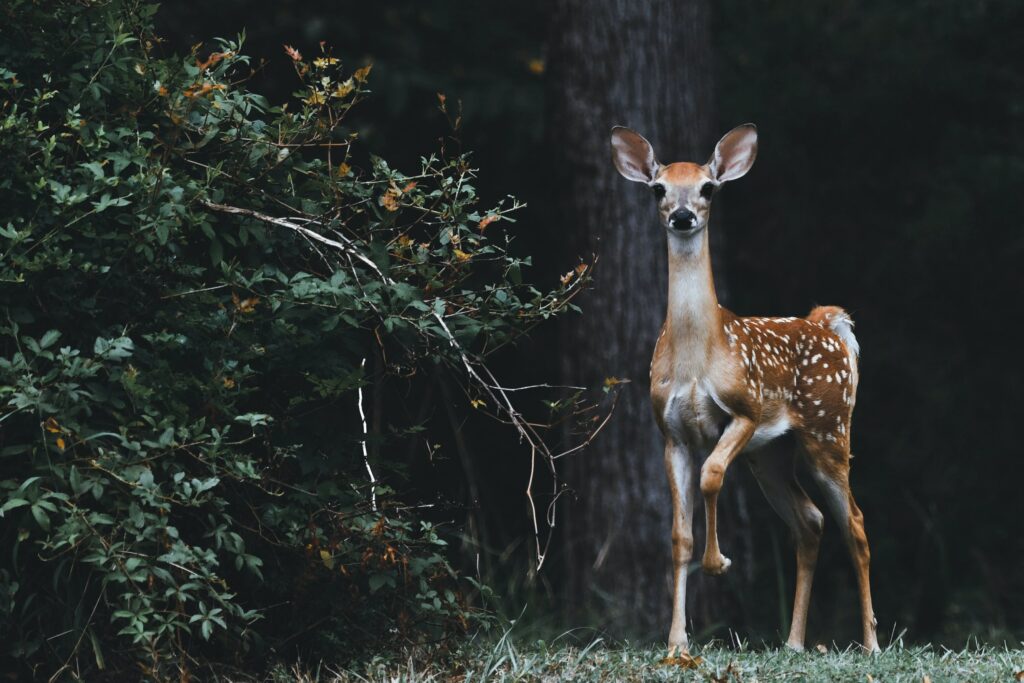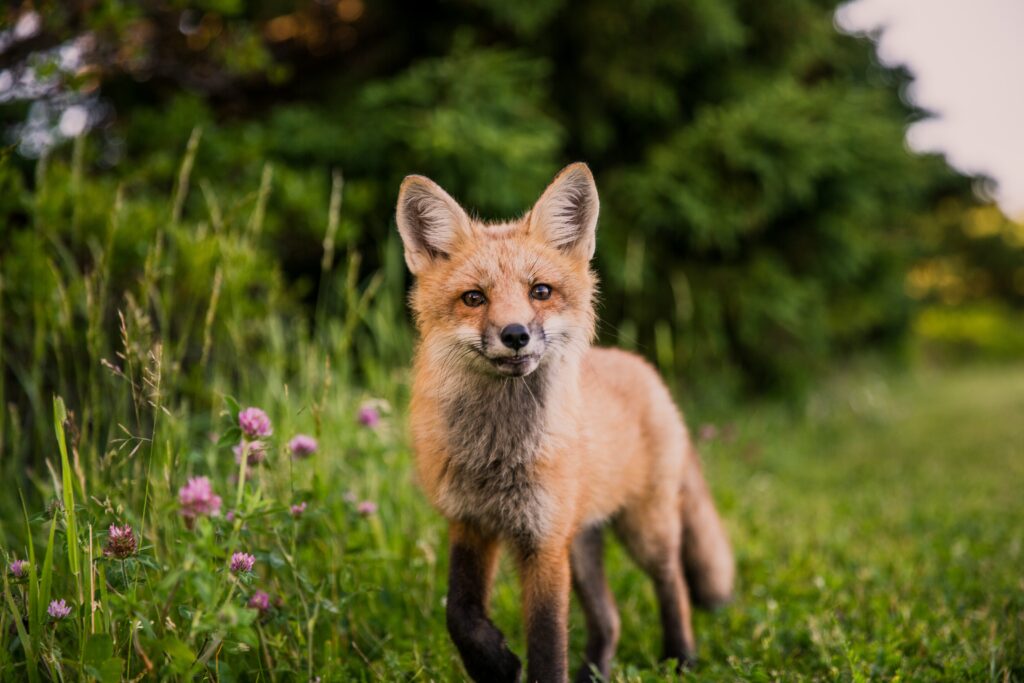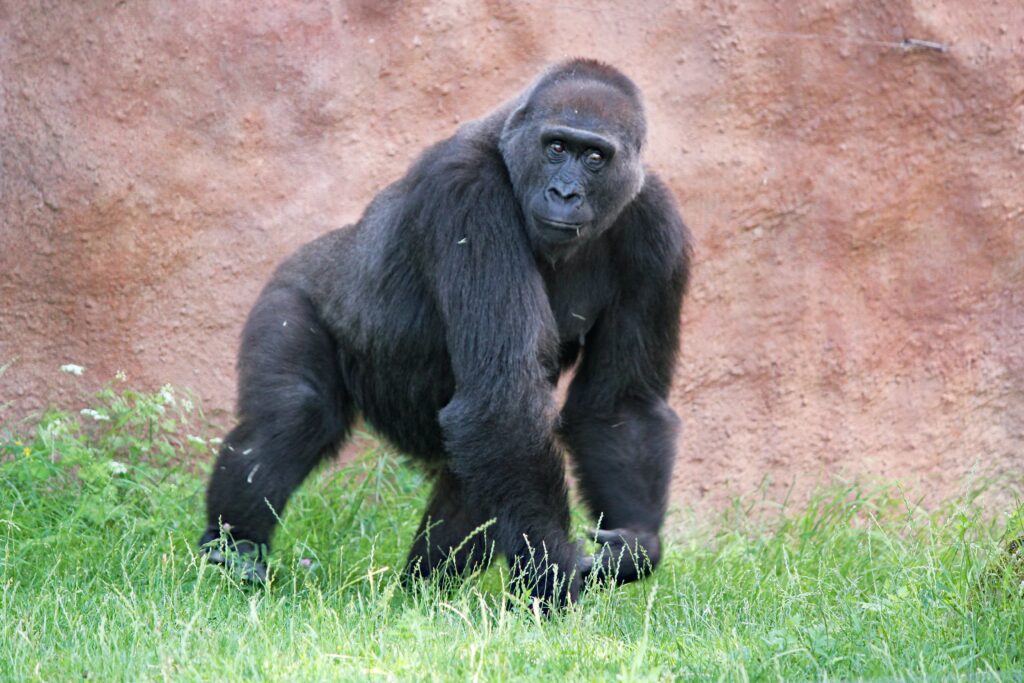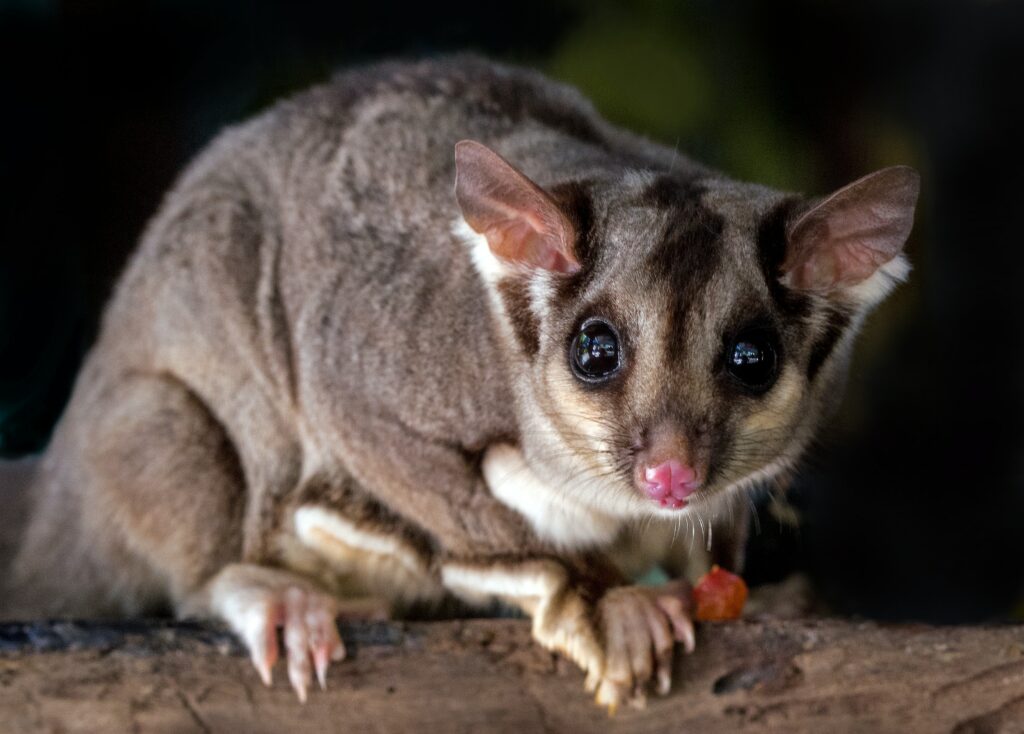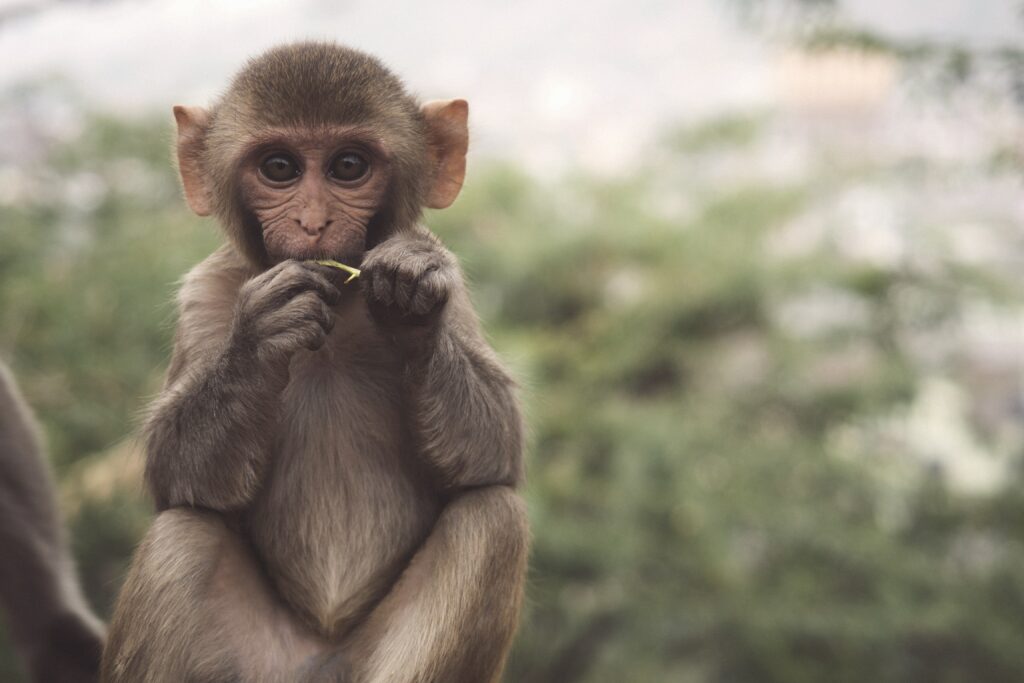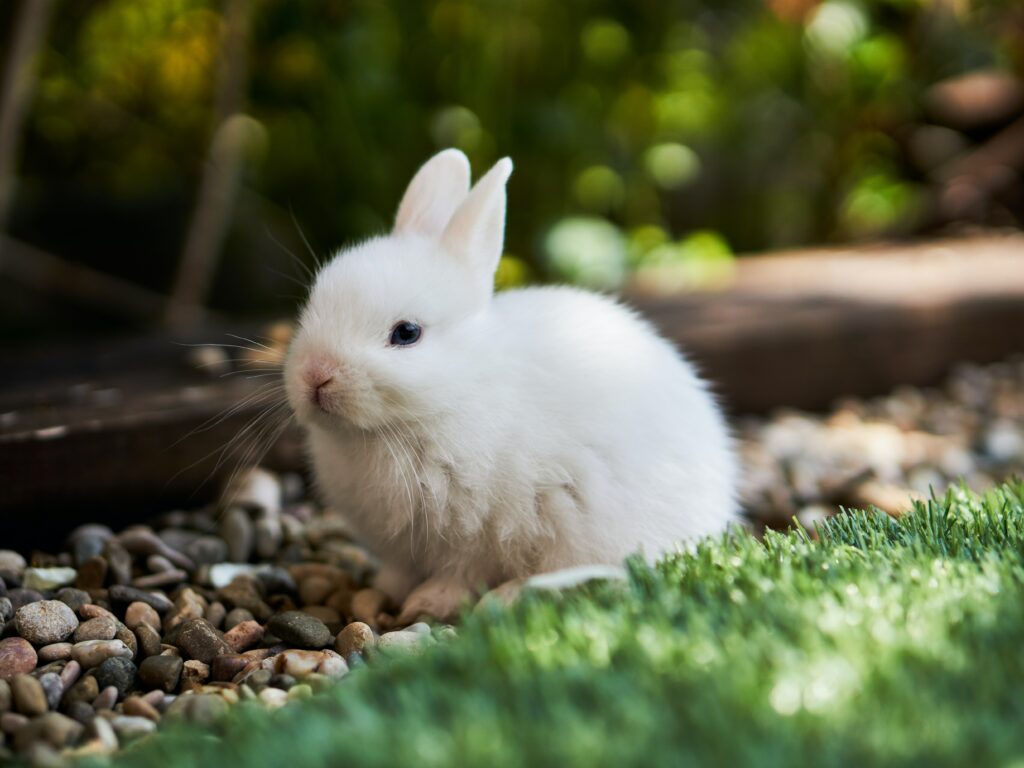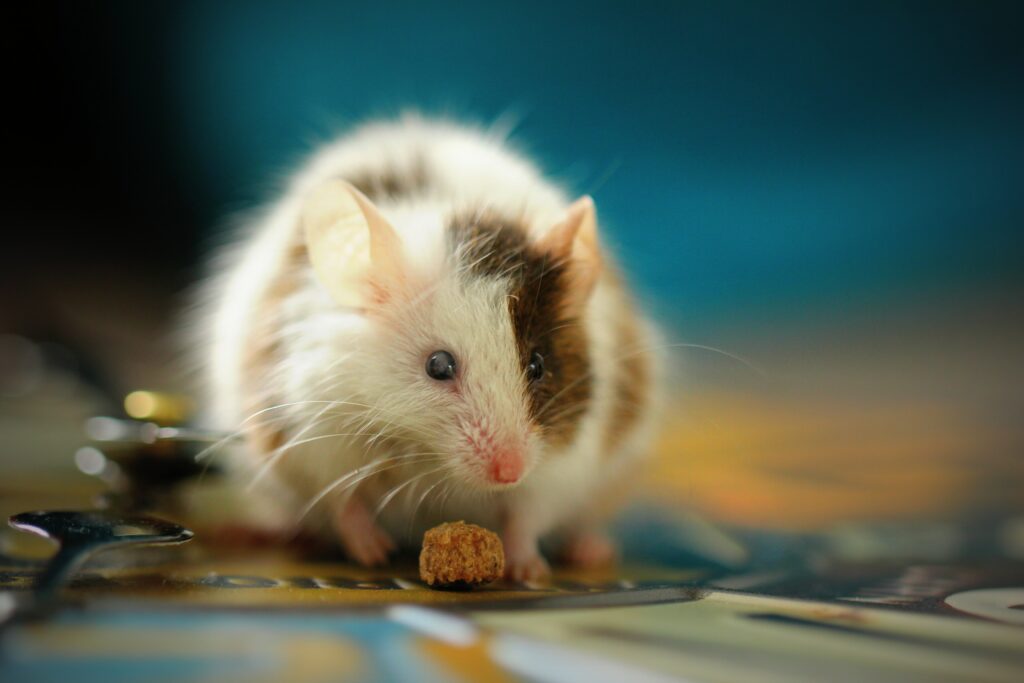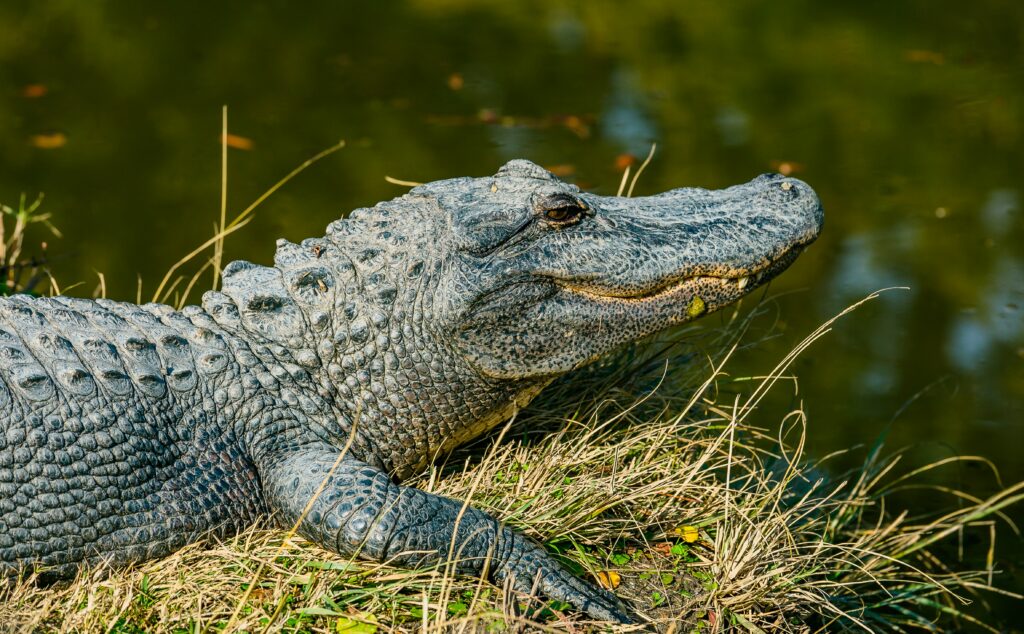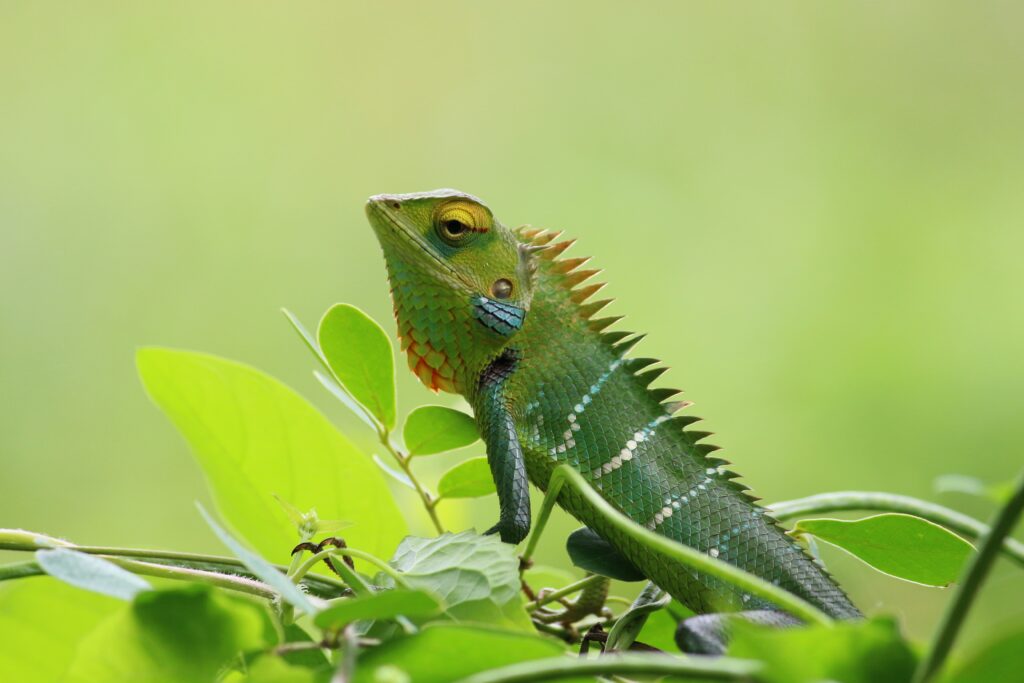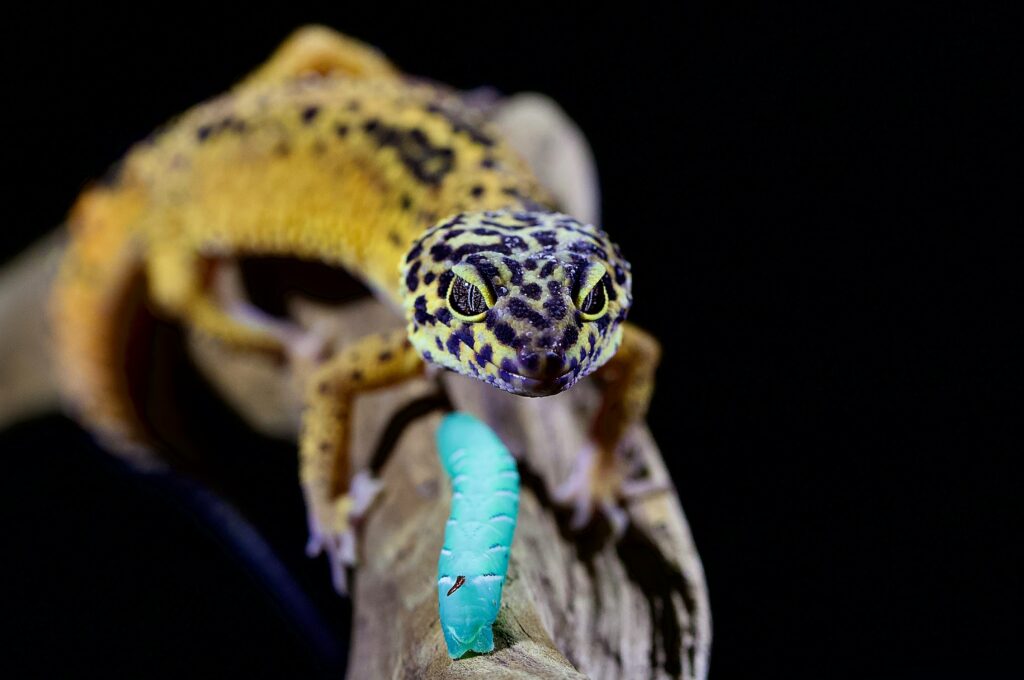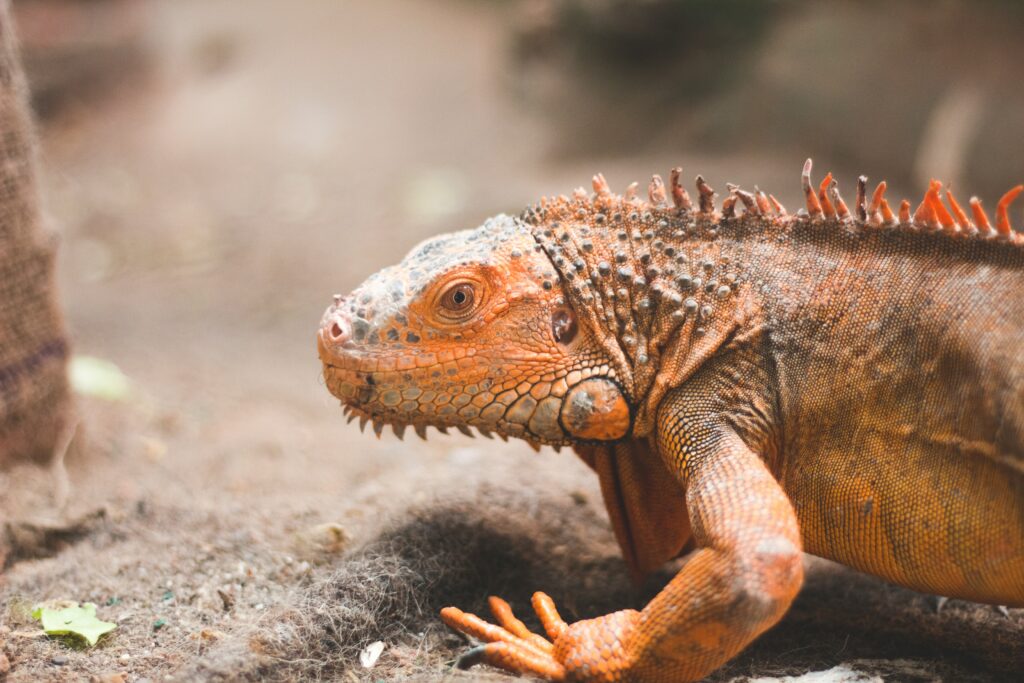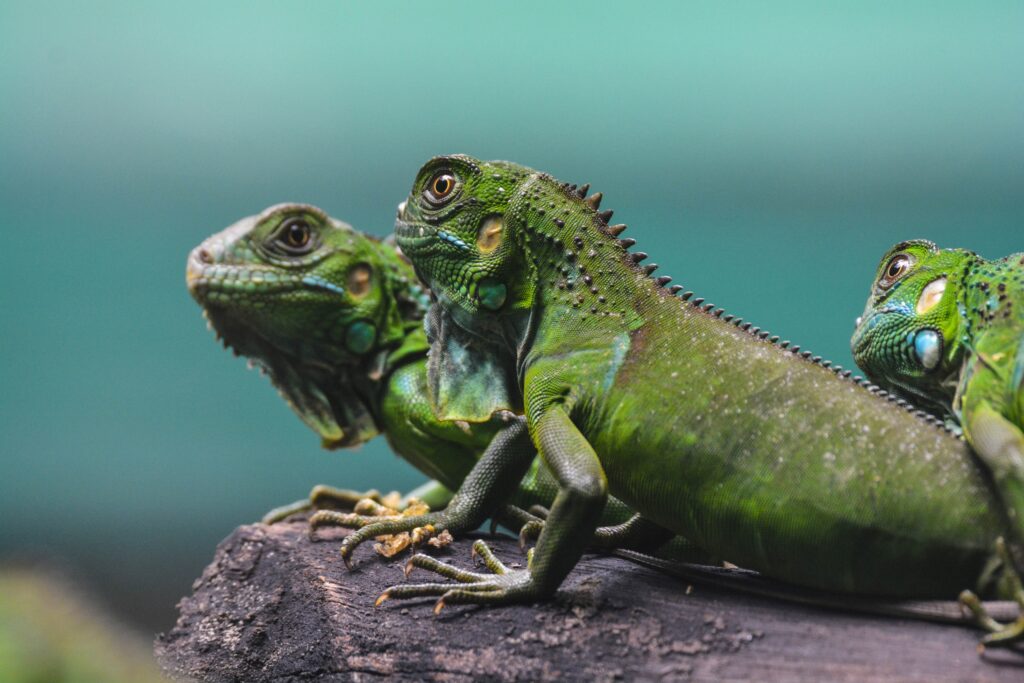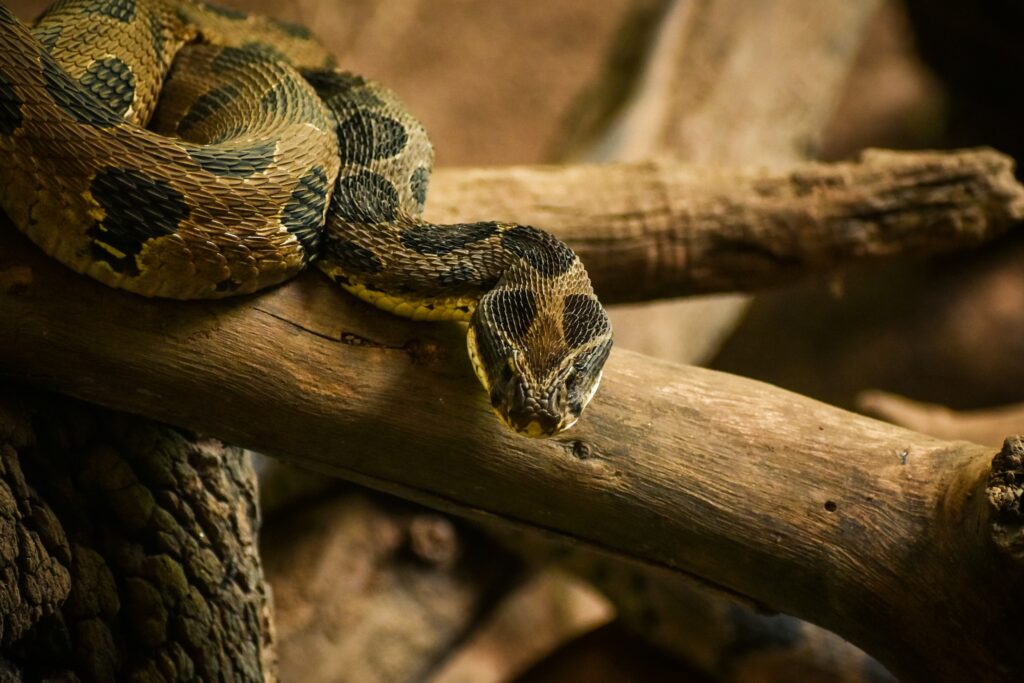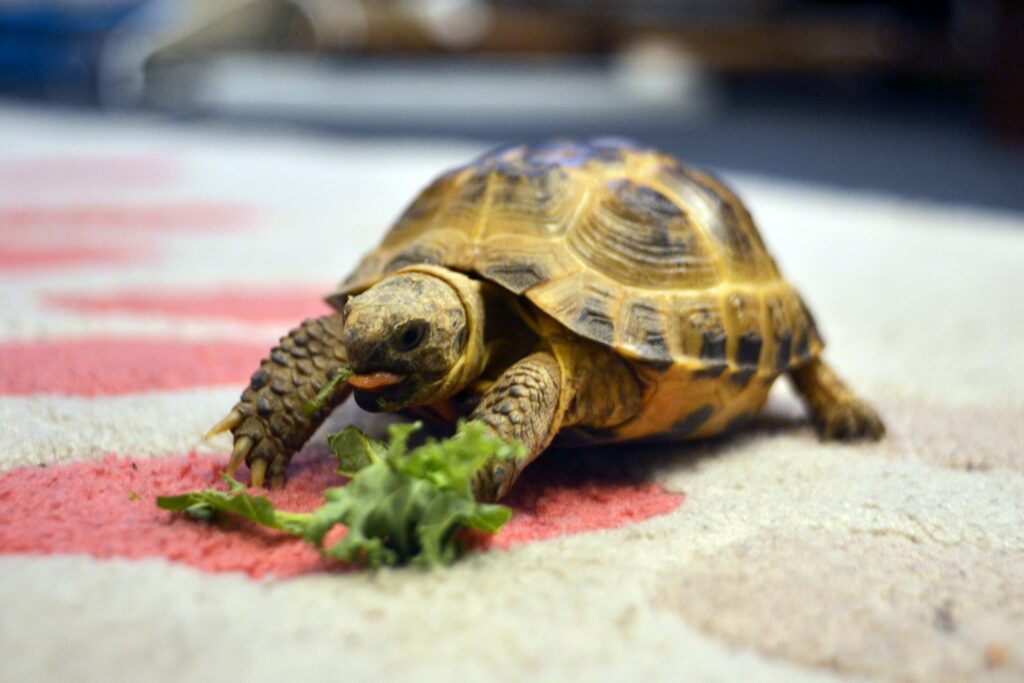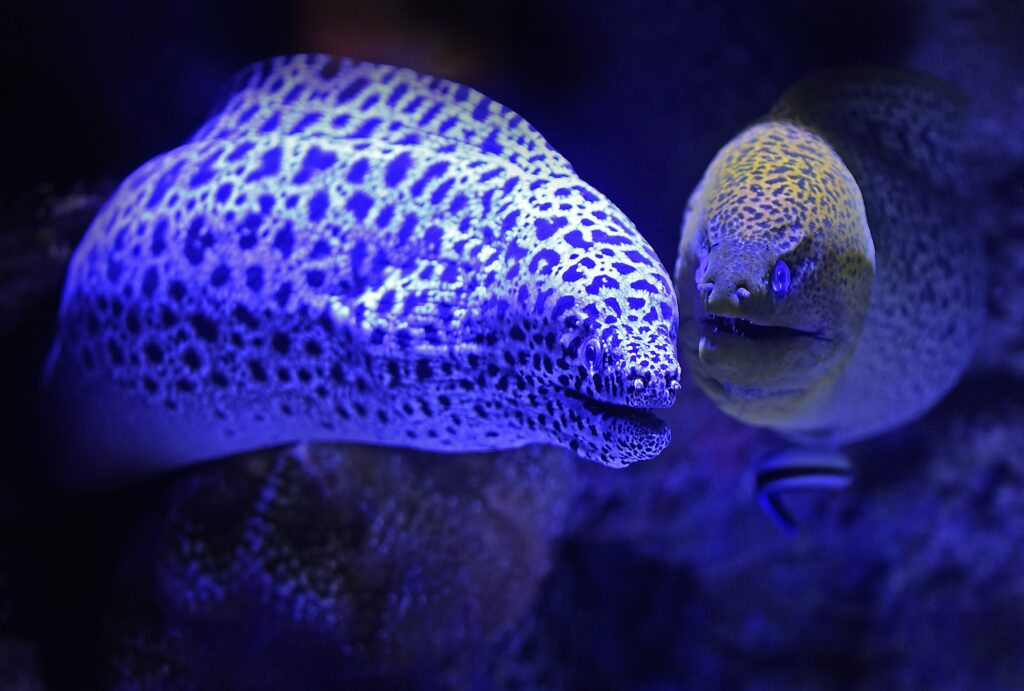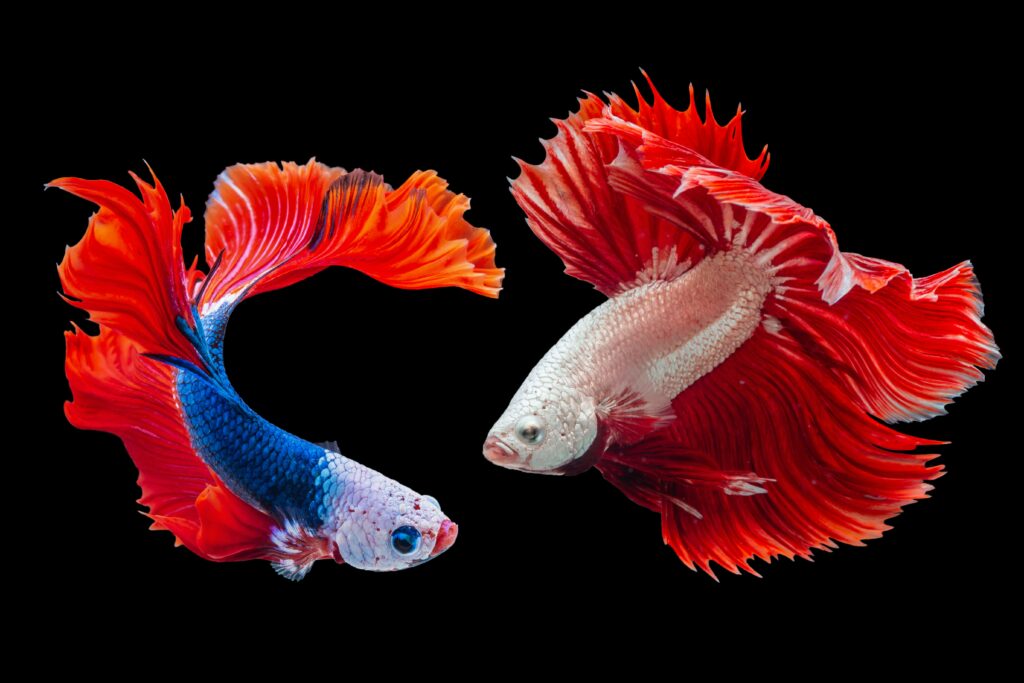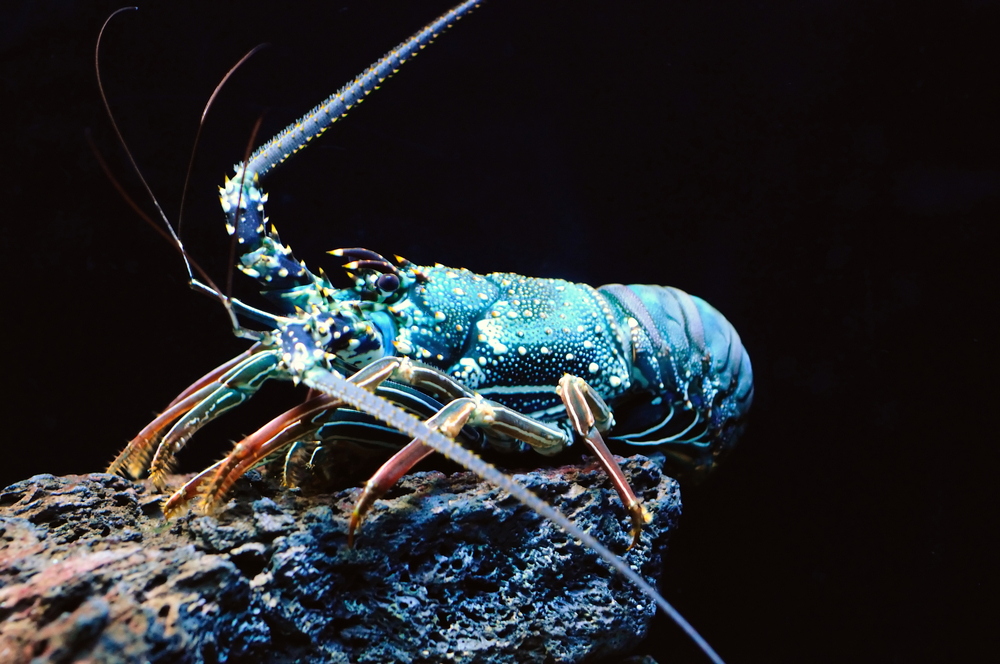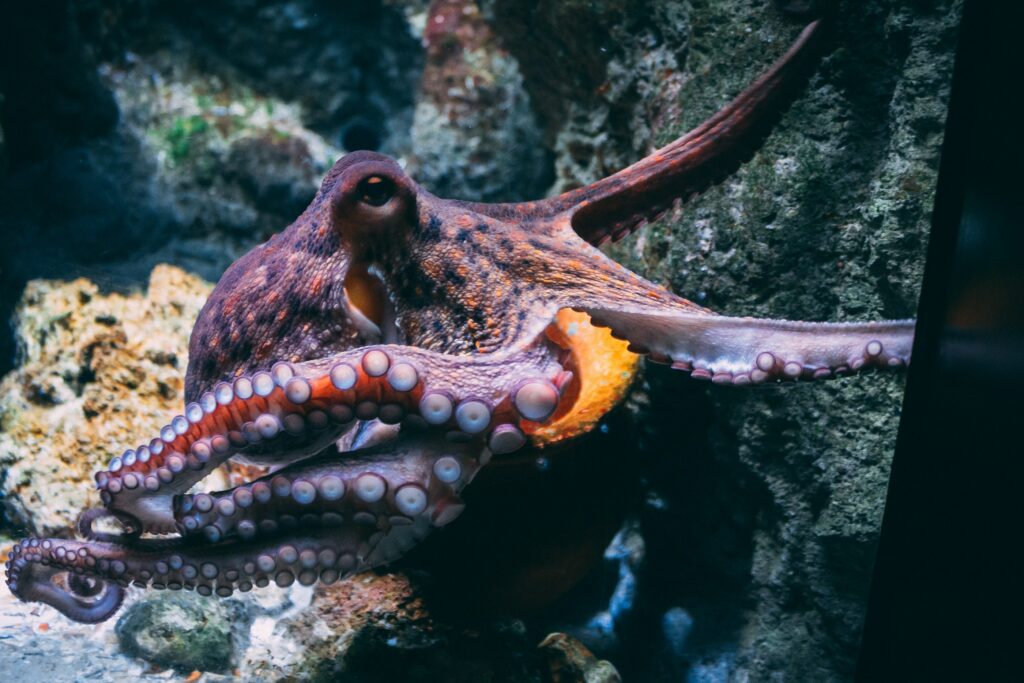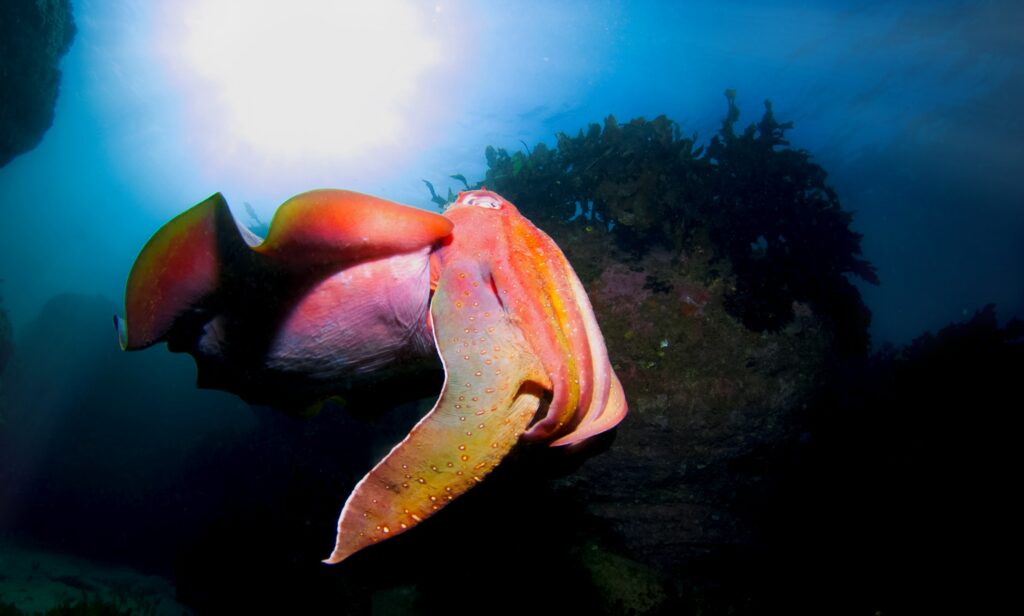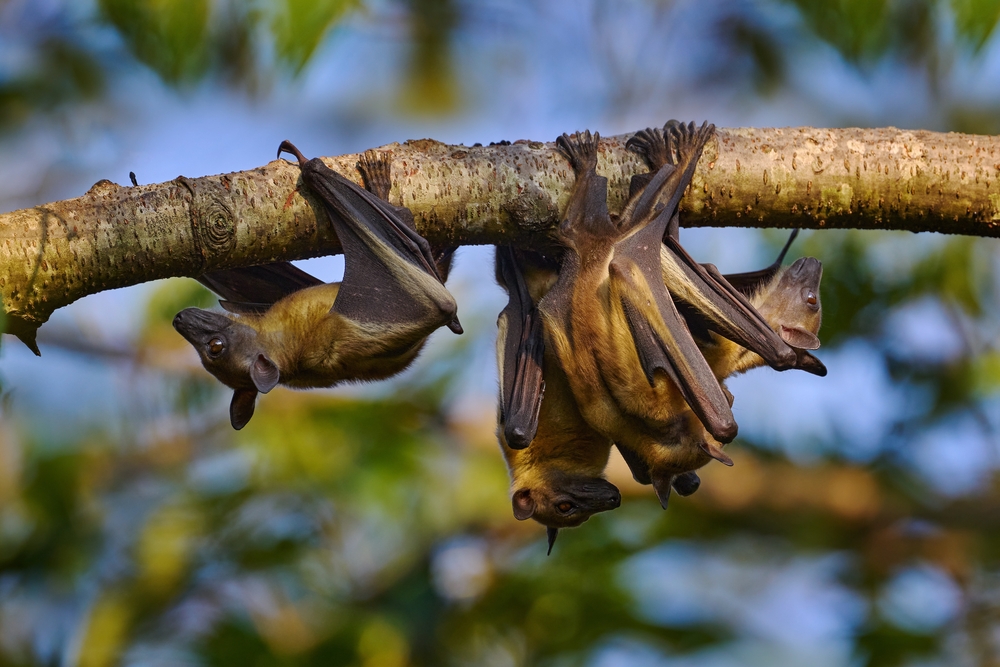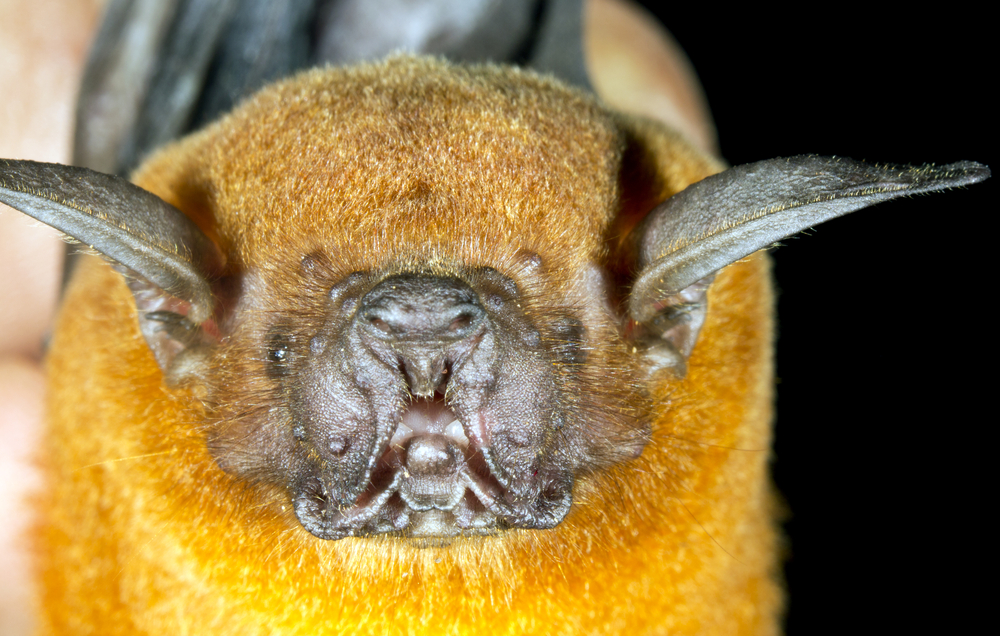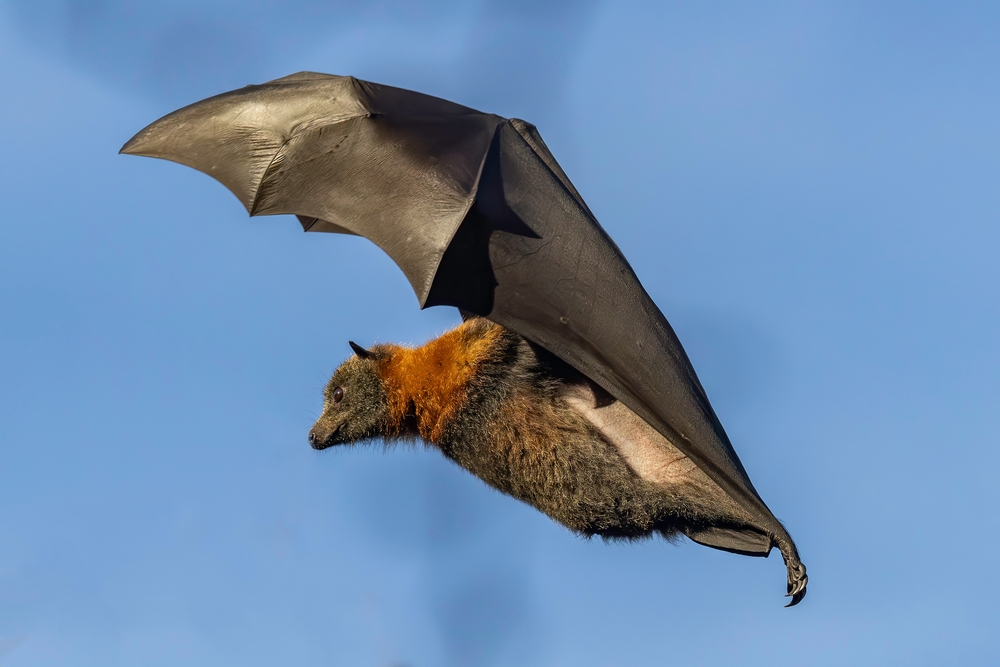Fruit bats are among the most distinctive mammals in the tropics due to their large eyes, silent flight, and critical ecological roles. As frugivorous members of the Pteropodidae family, they differ greatly from the majority of echolocating, insectivorous bats. Below is a structured summary following the AK Uniqueness format:
Daylight Vision in a Nocturnal World:
-
Unlike most bats, fruit bats rely on keen vision and smell, not echolocation
-
Their large, forward-facing eyes give them excellent twilight and nighttime vision, allowing silent foraging in dense canopies
Dog-Like Faces:
-
Their long snouts, upright ears, and expressive faces resemble small dogs or foxes
-
This appearance helps distinguish them from the more alien look of echolocating bats with facial leaf structures
Frugivorous Specialists:
-
Fruit bats are true fruit and nectar feeders, with no interest in insects or meat
-
Their diet and feeding style make them vital seed dispersers and pollinators in tropical forests
-
They help regenerate forests by excreting viable seeds over long distances
Diverse and Widespread:
-
Found throughout Africa, Asia, Australia, and Pacific Islands, fruit bats inhabit tropical rainforests, dry forests, mangroves, and sometimes even urban gardens
-
The family includes over 180 species, with sizes ranging from tiny blossom bats to medium-bodied nectar specialists
Social and Vocal:
-
Many fruit bats are highly social, forming roosting groups ranging from dozens to thousands
-
They communicate using chirps, squawks, and scent marking, with complex interactions during feeding or mating
Delicate Flyers:
-
Their wings are adapted for controlled, gliding flight rather than high-speed aerial maneuvers
-
This makes them well-suited for navigating dense canopies and hovering near fruit or flowers
Ecological Keystone Species:
-
In many ecosystems, fruit bats are the primary agents of seed dispersal, especially on islands or in fragmented forests
-
Some plants have evolved to rely exclusively on bats for pollination or germination
Fruit bats are nature’s silent gardeners, uniquely built to sustain and spread tropical life. Their combination of gentle faces, quiet flight, and forest-sustaining behaviors makes them one of the most ecologically valuable and visually appealing mammals in the world.
